Jessica Ginier is the first French player of padel with his partner Alix Collombon. Antoine Sarroste went to Lyon to interview him and discover his story around the padel.
Hello Jessica, first of all, can you introduce yourself please?
Jessica Ginier: Hello, first I was French number 27 at best in tennis. I tried to make this sport my career. Unfortunately, I had an injury when I was 17/18 years old. I converted to teaching around my 20s. And in terms of padel, I've been playing for 2 and a half years with a very good friend who was also a very good tennis player (French N ° 35/40). She threw me a bit into the padel, I did not immediately hook the first time. But then she told me that there were world championships, she sold me a bit of the dream by telling me that it was a bit in Argentina. I remember it was in February 2016, she told me that the girls' level was accessible and that there were not many people. In the end, we started to train and we finished 6 months after 3rd at the world championships in Portugal in Lisbon. So it's a little thanks to Alix who is still my partner today who made me discover the padel.
In terms of results, where are you? What are the short and medium term goals?
JG: We have two different goals now. My partner Alix went to Spain to do padel thoroughly and try to break through with the project of becoming professional. Me, it's a little different project, it's to stay number 1 French here while trying to have fun and continue to make part of the France team with Alix.
Unfortunately, girls do not have a lot of tournaments so we do not do much. There is very little P1000 (referent tournament) unlike boys. In all, there must be 10 in France every year, we try to make 7.
Can you give us your take on the development of padel in France ?
JG: For two years, I have seen that the padel develops and fits in with the French tennis federation. For example, I was not there, but 5 years ago in the France team, the players paid for their trips. This is no longer the case now, it is supported. It turns out that for the world championship in Paraguay, they make us leave before to adapt and for the jet lag. All these things are things set up by the FFT as a preparation course on the theme of the France team. We tell ourselves that they want to make things happen, we tell ourselves that they want to help this France team progress. Tournaments are more and more organized and framed even in terms of point padel.
So in terms of competition, it is developing a lot and I see that in terms of practitioners and licensees, it is developing more and more. We hope to see the padel at the Olympics, in terms of visibility it would be magic. This is the main objective of the French tennis federation.
In terms of sponsorship, we know that you are with a Spanish brand, concretely how are you organized financially? Is your contract only a material contract? Do you have other sponsors?
JG: It's a material contract with a fixed one year. I am paid a little and then I have bonuses and bonuses for results on tournaments. I don't have any other sponsors though. Since I didn't really get into the project, it was a bit tricky to approach other sponsors. If in the long run it costs me money to go right, left, maybe I'll change my mind but for now that's enough for me.
Do you have the objective of leaving to train in Spain like the French number one in order to make it a profession? From what ranking do you make a good living, Top 50?
JG: No, my goal is not to go to Spain because quite simply I have a life here at the Tennis Club de Lyon and I have also built my life from a personal point of view. I had a house built. After that, it is not in my plans but if I learn that this sport will be at the Olympic Games in 2024, given that it is one of my dreams, maybe I will change my mind. In addition, at TCL, I got involved.
I think that from TOP 20, we start to make a good living. Beyond that, we are still a little bit even if there are sponsors who help a little but I do not think we can make a living. However, we can get to finance a full year.
In your opinion, what could be transposed from the Spanish model to France and which would allow the massification of padel ?
JG: I think that it will depend initially on the structures created. If the tennis clubs manage to set up structures of padel, it can develop faster. Afterwards, I don't know if we will reach the level of Spain because there is a real cultural problem and maybe also because of the weather. We see that in the North of France, it is less developed.
Even if there are beautiful structures that rise in France, we can see that in Spain, there are many outdoor grounds and also structures of crazy also inside.
What is padel can bring to a tennis club?
JG: I think this is a fundamental asset for me because it is true that we lose, casually, a few licensees in tennis so it can help to retain them with a new sport which is still relatively close to tennis. For me that can be a plus for a tennis club. Afterwards, I often explain to people that it must be well managed. We don't just put lots of padel in a club. You have to constantly organize activities to introduce people to this sport. Without initiations, people are reluctant because they do not know the sport at all. You have to do it really thoroughly.
According to you, the padel can it bring a new clientele to tennis clubs?
JG: Yes, I think so because I follow a lot on social networks and I see more and more footballers who frankly play a lot. For example, I saw a video where professional OM players were playing a padel between them in Portugal so yes I think we can bring everyone.
Is the padel is a telegenic sport? Because it goes very quickly and with the windows it can get in the way, right?
JG: I find it more impressive to watch padel only tennis. Well, then there is the fact that I have been swimming in tennis since I was little and I am less laced with this new sport. But you can see in women's tennis, there is no weariness but there is not really enthusiasm. This is of course my personal opinion so hoping that the padel or a telegenic sport.
Do you think that the pseudo "competition" between private structures and tennis clubs can be beneficial to tennis clubs?
JG: While all tennis clubs have padel, obviously it will serve private structures. But the advantages that private structures have, in general, are the interior grounds. There are few tennis clubs that have tennis courts. padel Covered. Members of tennis clubs risk playing 6/7 months at padel due to bad weather. As soon as winter arrives, I'll be the first to go play Esprit Padel because it is a quality club and it is much more comfortable than the outside.
You will surely be hosting at the TCL, Jérome Vanier said that it was a threat to have only one or two pitches of padel in a tennis club for the development of this sport.
JG: yes it can be after it's still good to have two that not at all. But it is true that it is already complicated to organize approved tournaments.
Are you involved in your league?
JG: I came back to the committee at the Lyon league via Gilles Moretton (President of this tennis league) to try to develop. We have had a first meeting already, we will have one in September, I am motivated to do my best to develop the sport.
Do you think that they are putting all the necessary means to develop this new sport of rackets?
JG: I hope ... We have always heard that the FFT was afraid that the padel take over tennis like in Spain. Now, I trust the federation that this will not be the case. If the padel explode will have everything to gain. The goal is for licensees to do both sports and also to have new members.
In France, training is not developed at all. Will you have to go through people like you for the training? Or will have to go to Spain so that the tennis teachers are imbued with the padel ?
Being that it's a new sport and that the tennis teachers, I think they are getting into it a little bit that people can go through us. But, after the long term, if teachers want to train players, which may be the case if the padel continues to progress, it will take measures by the FFT and set up training by bringing in Spanish players / coaches or moving. But, at the moment, for me it is not necessary.
The professionalization of padel can it be a lever for the development of tennis clubs?
JG: Yes, I think because we will realize that with, for example, Johann Bergeron who is starting to earn a living, well, young people will be interested and will try to compete, that can only increase clubs up.
Le padel can it compete with tennis? Especially within tennis clubs?
JG: For me, the padel is complementary to tennis because tennis remains tennis, I will not stop tennis to put myself padel. It gives me pleasure from time to time to play tennis tournaments, to hit the ball etc ...
It's not too hard to change and get back to padel ?
JG: Everyone asks me that question, and honestly not at all except every once in a while at the net I sometimes go for a tennis kick or a rolled arm smash. But no, I enjoy both sports as much.
Do you think the Federation of Padel will become independent in the coming years?
JG: So, I don't really know. This was the case before I did padelI hear a lot about it. Now it seems to be going well like that so for me it would be good if it stayed as it is now. Once again, the federation must do what it takes to padel. If they do everything to develop the padel, as much as he keeps it otherwise we could see another federation.
Do you have anything to add in relation to the means used and possible for the development of padel ?
JG: For me, you have to focus on young people. Look, we don't even have a France -18 team at the padel, it's still incredible not to have one, even if it's already good to have an adult team. All the other nations have young French teams. We must insist on this and then it is the future for young people. Currently, I am doing a tennis course with 8/9 year olds, for me now is the time to introduce this new sport so that afterwards they try to play in competition or as a leisure activity.
Antoine Sarroste studied the padel. He offers us his expertise around the development of padel in France.

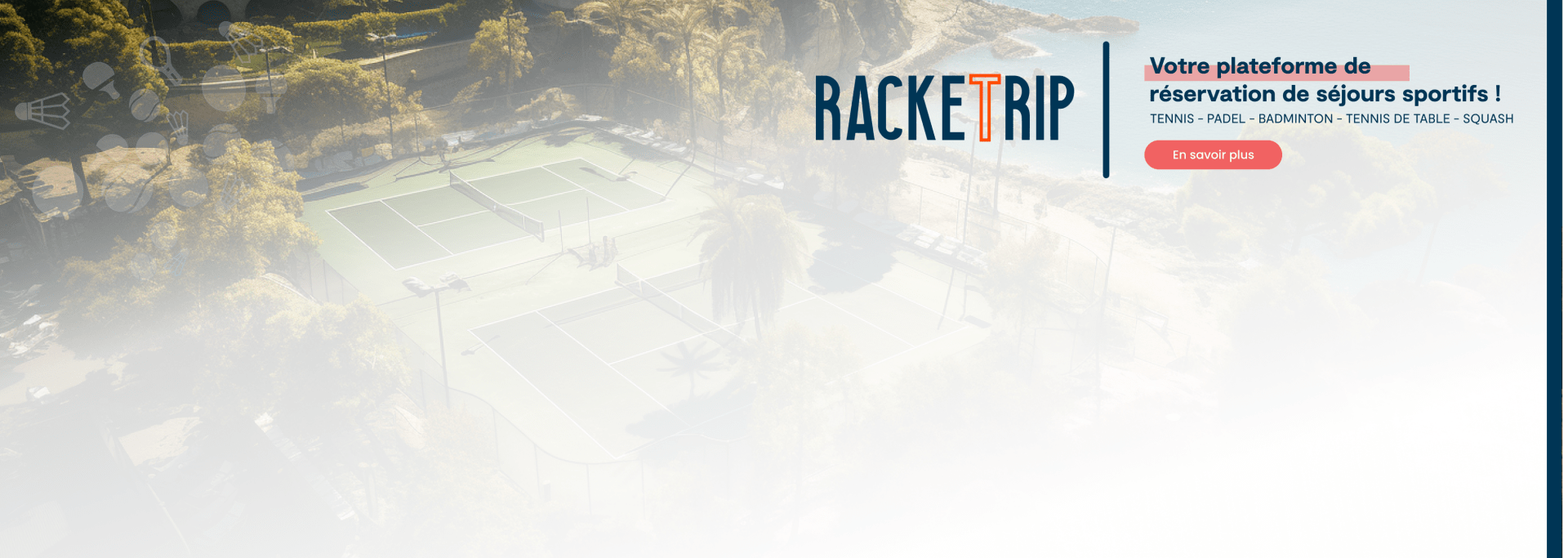


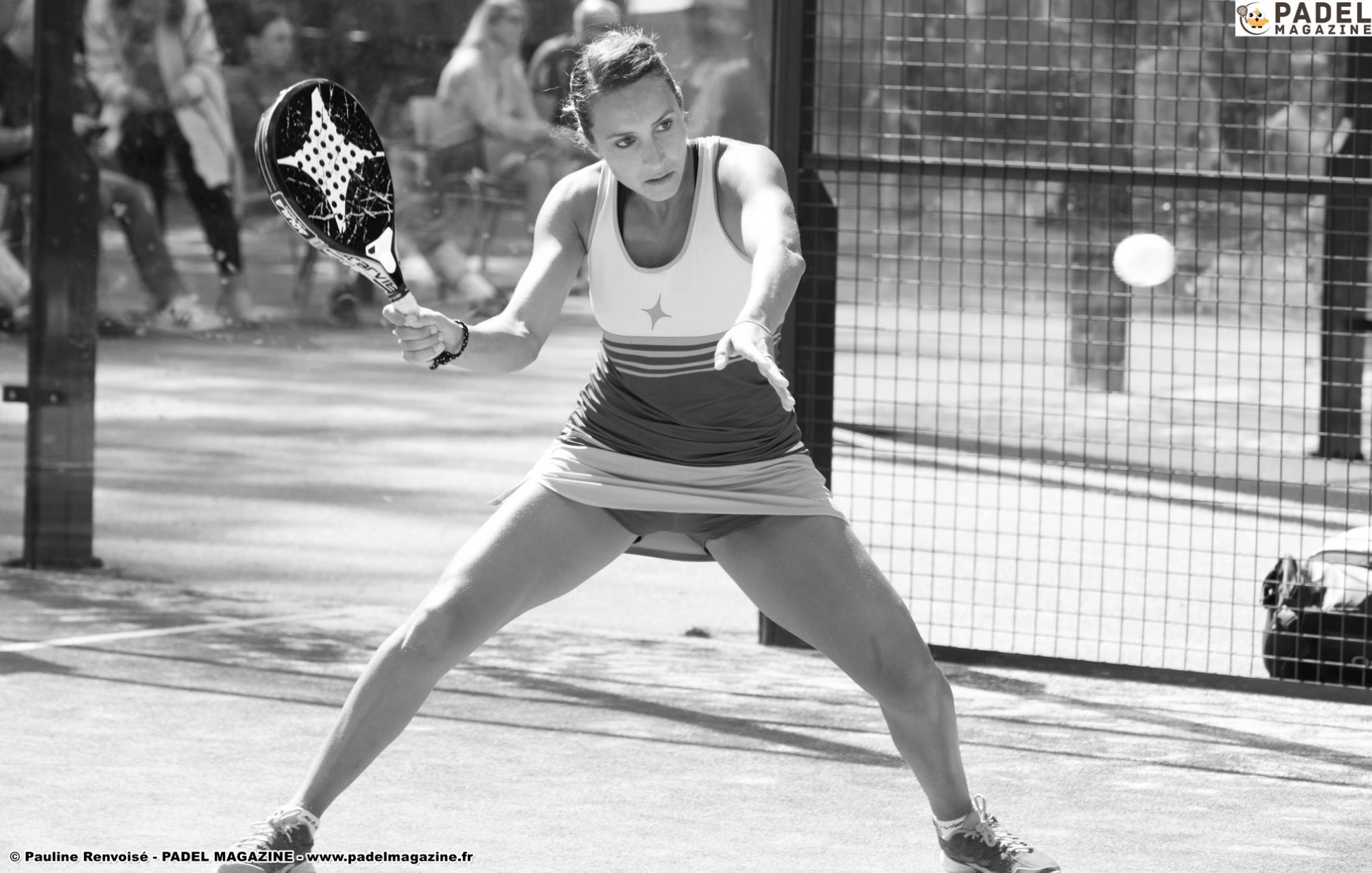












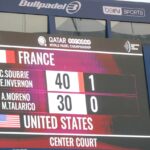


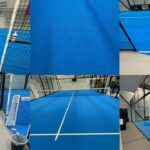


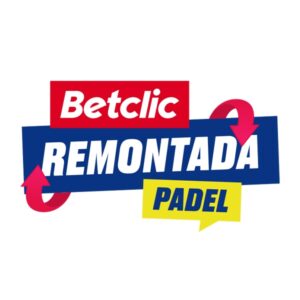






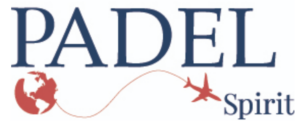
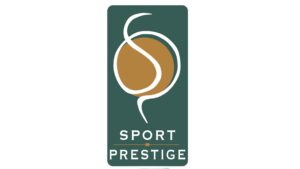

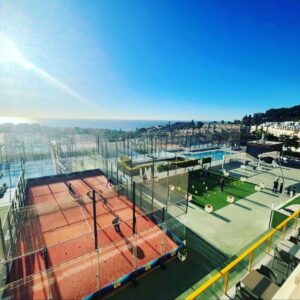
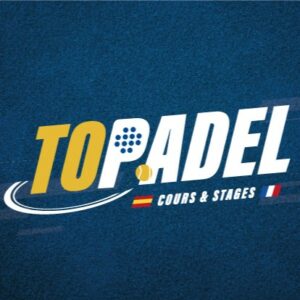



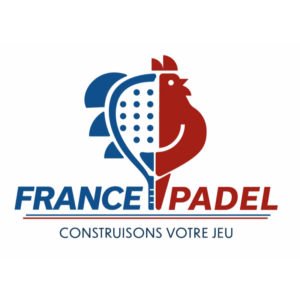


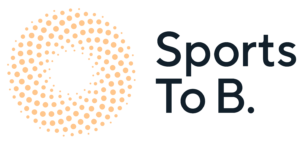

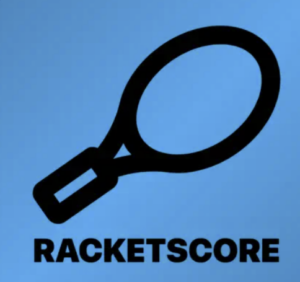
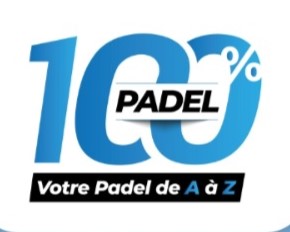
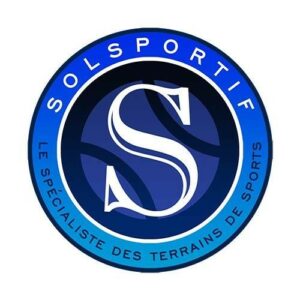

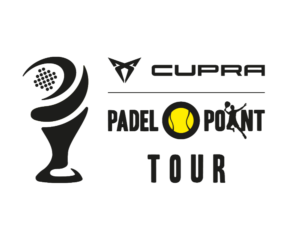

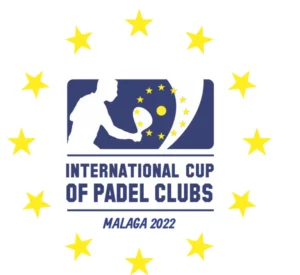
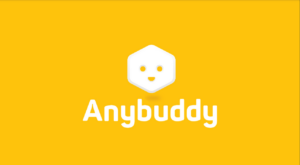



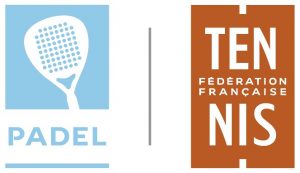
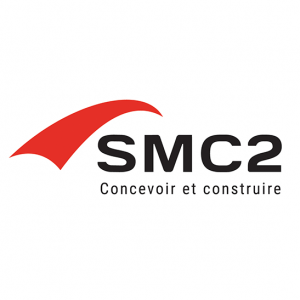

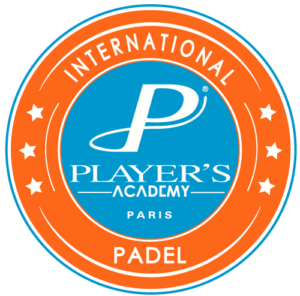
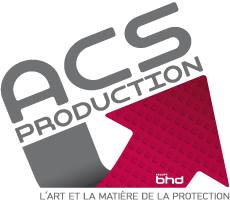
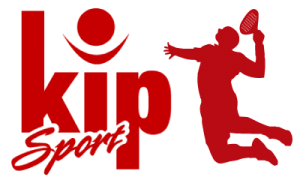

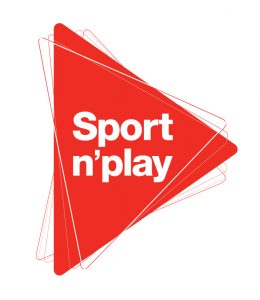

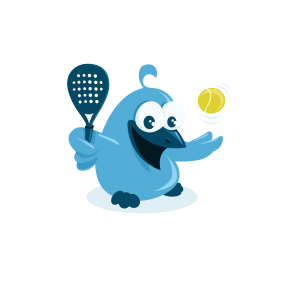

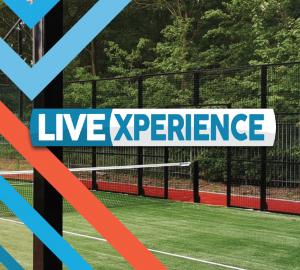
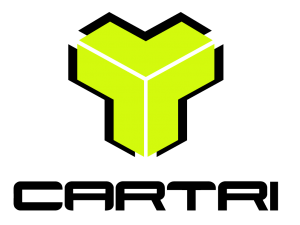

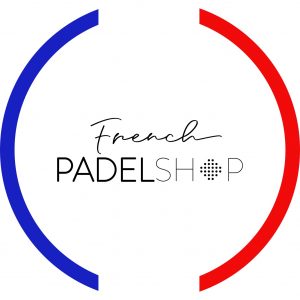
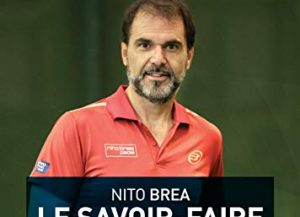
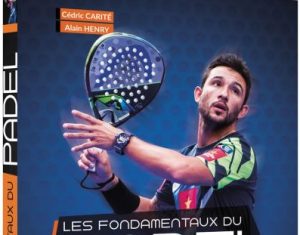


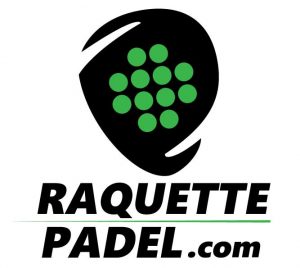
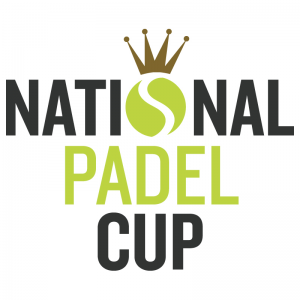
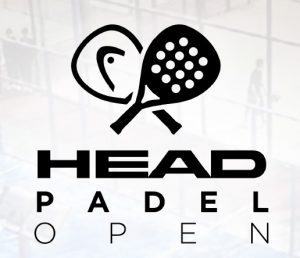





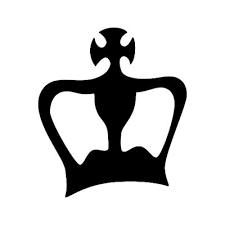
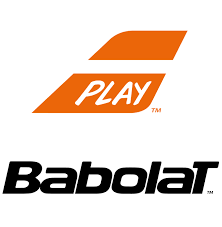

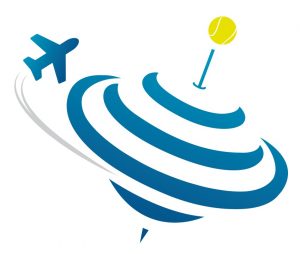
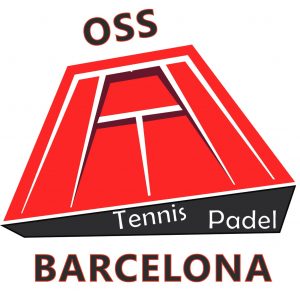
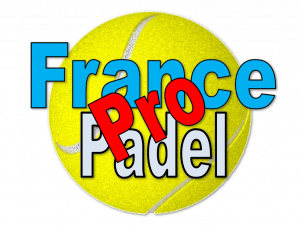

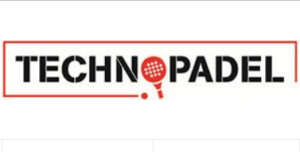
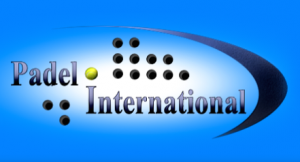

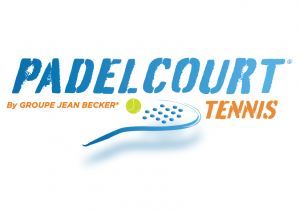

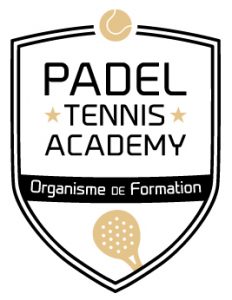
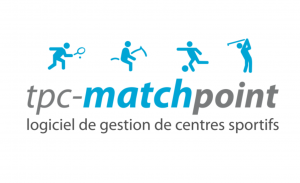

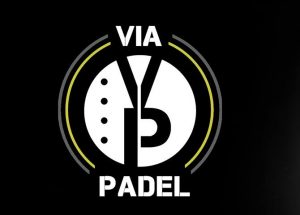




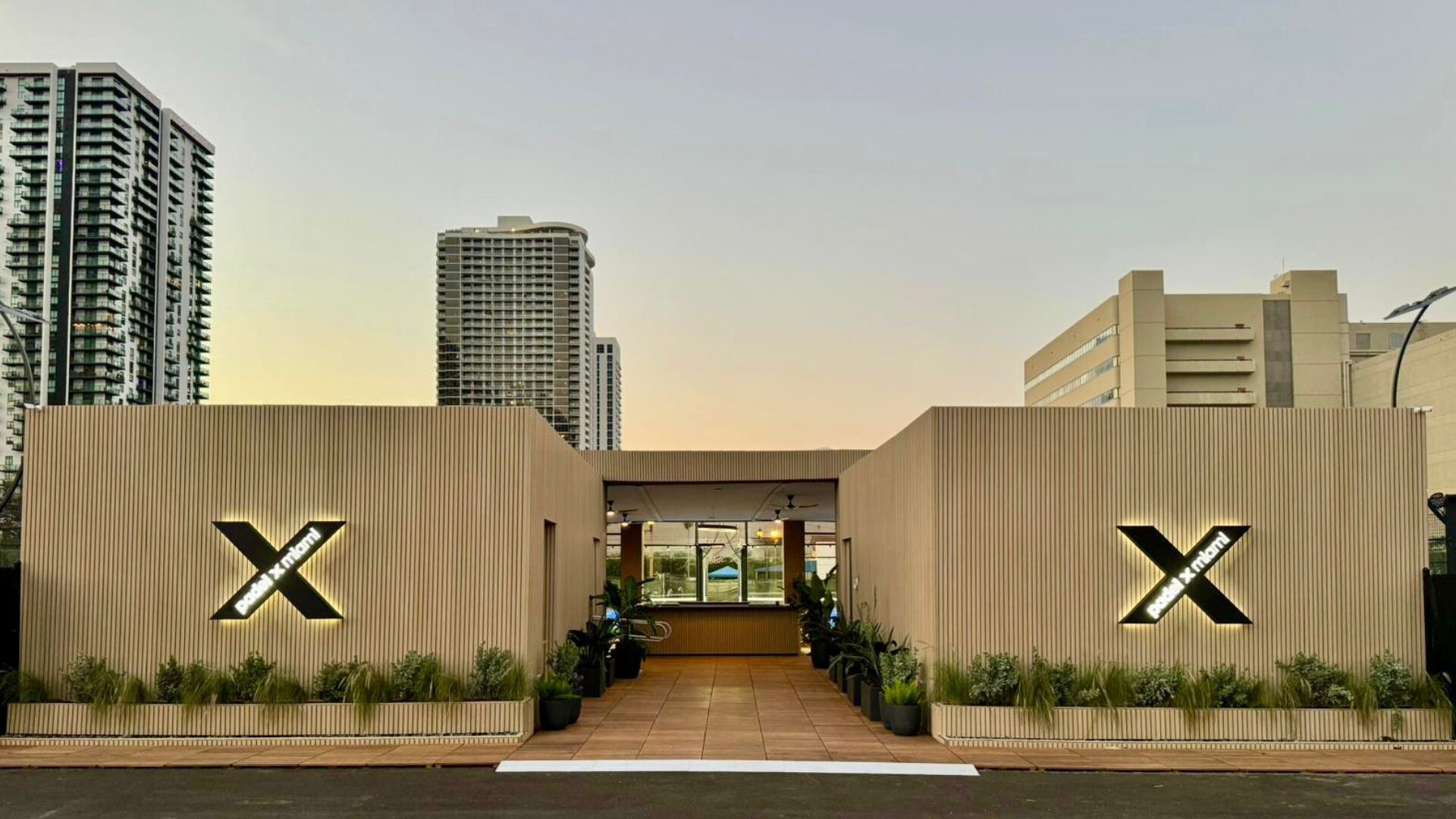 Nallé Grinda: “Democratize the padel in the USA with PadelX "
Nallé Grinda: “Democratize the padel in the USA with PadelX "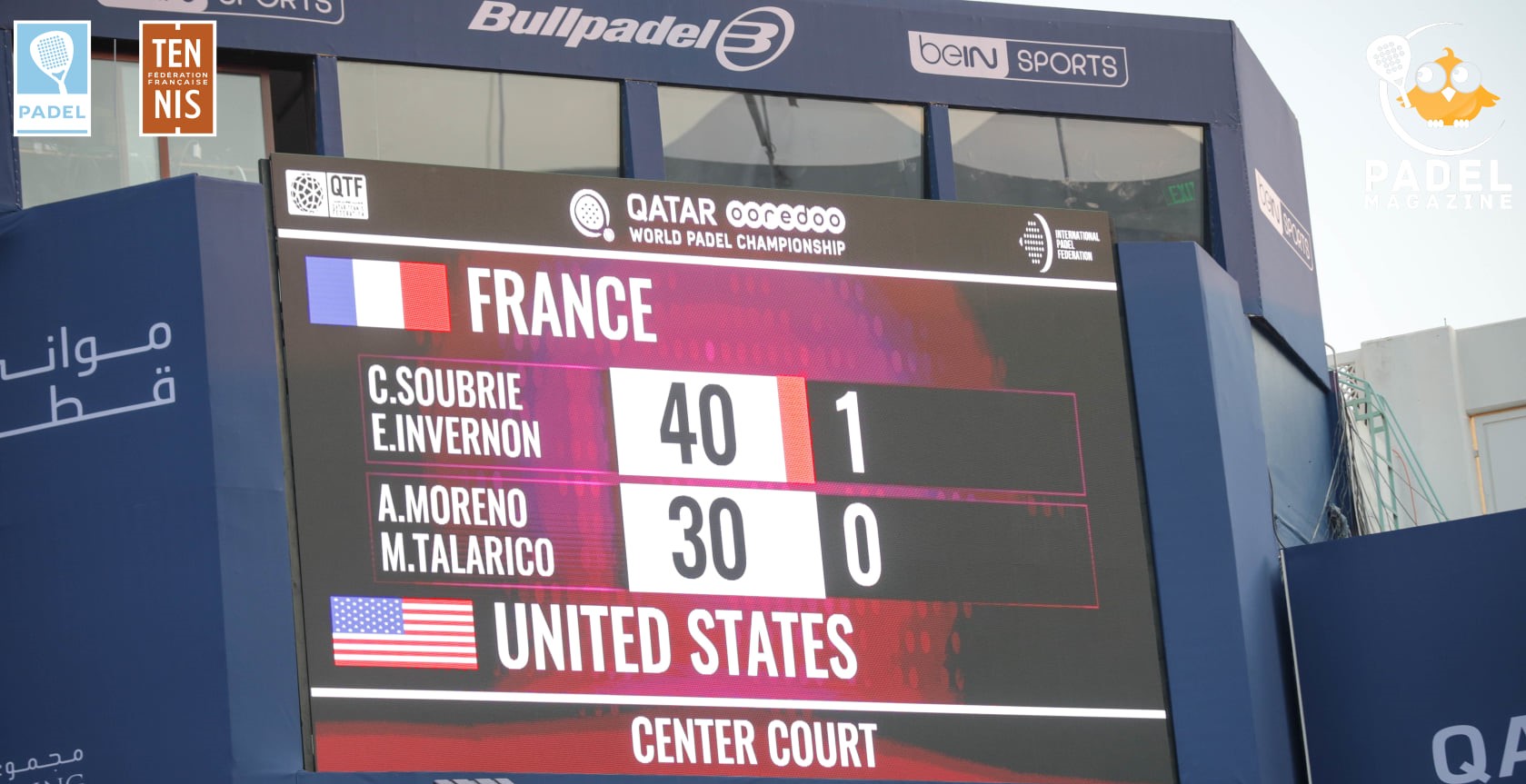 The score at padel : manual
The score at padel : manual The location chosen for the 2024 World Cup announced at the end of the month!
The location chosen for the 2024 World Cup announced at the end of the month!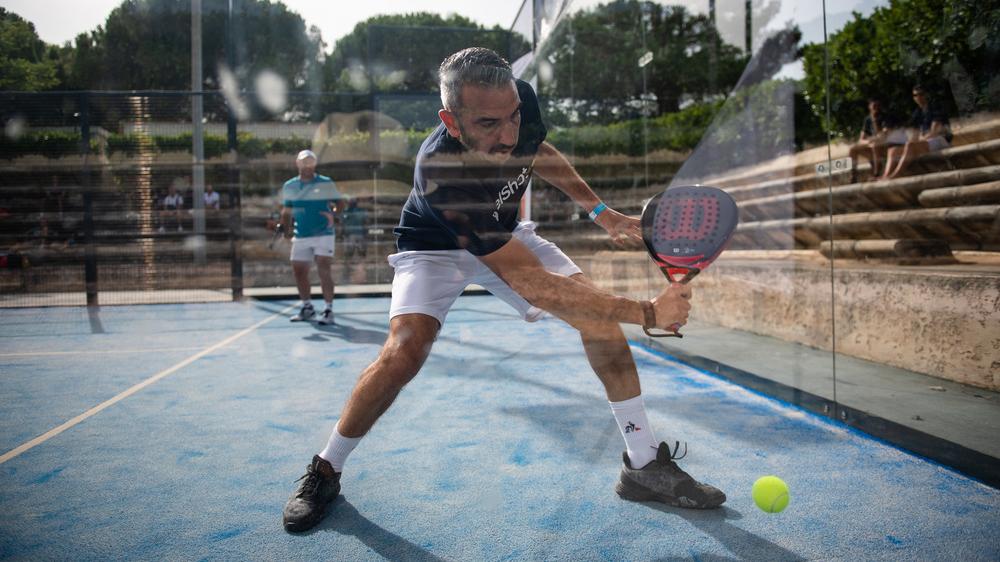 Simon Boissé: “We know that there are two nations in front of us”
Simon Boissé: “We know that there are two nations in front of us”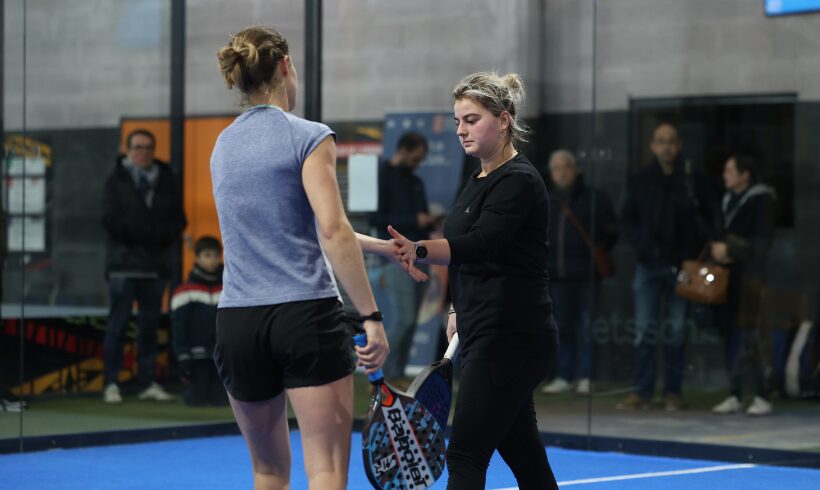 Marie Maligo: “This period of frequent changes of partners was beneficial for me”
Marie Maligo: “This period of frequent changes of partners was beneficial for me”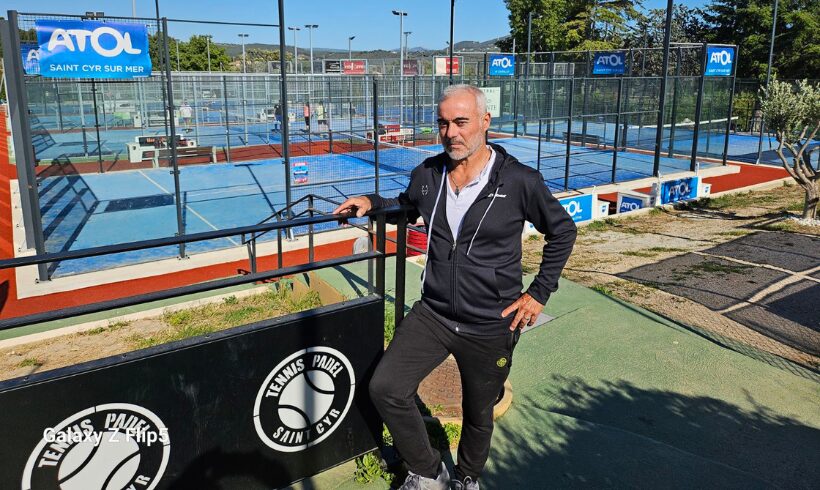 Alain Idier: “Adding tracks of padel, without sacrificing tennis”
Alain Idier: “Adding tracks of padel, without sacrificing tennis”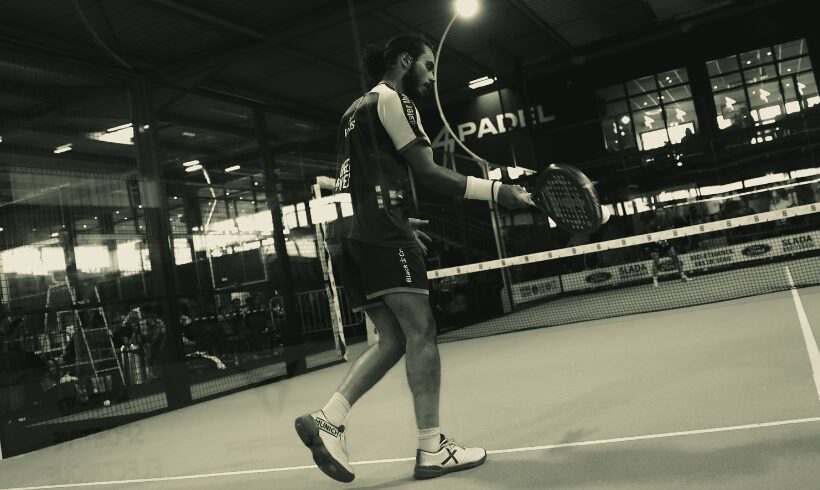 Manuel Vives: “It’s extremely difficult to get by financially”
Manuel Vives: “It’s extremely difficult to get by financially”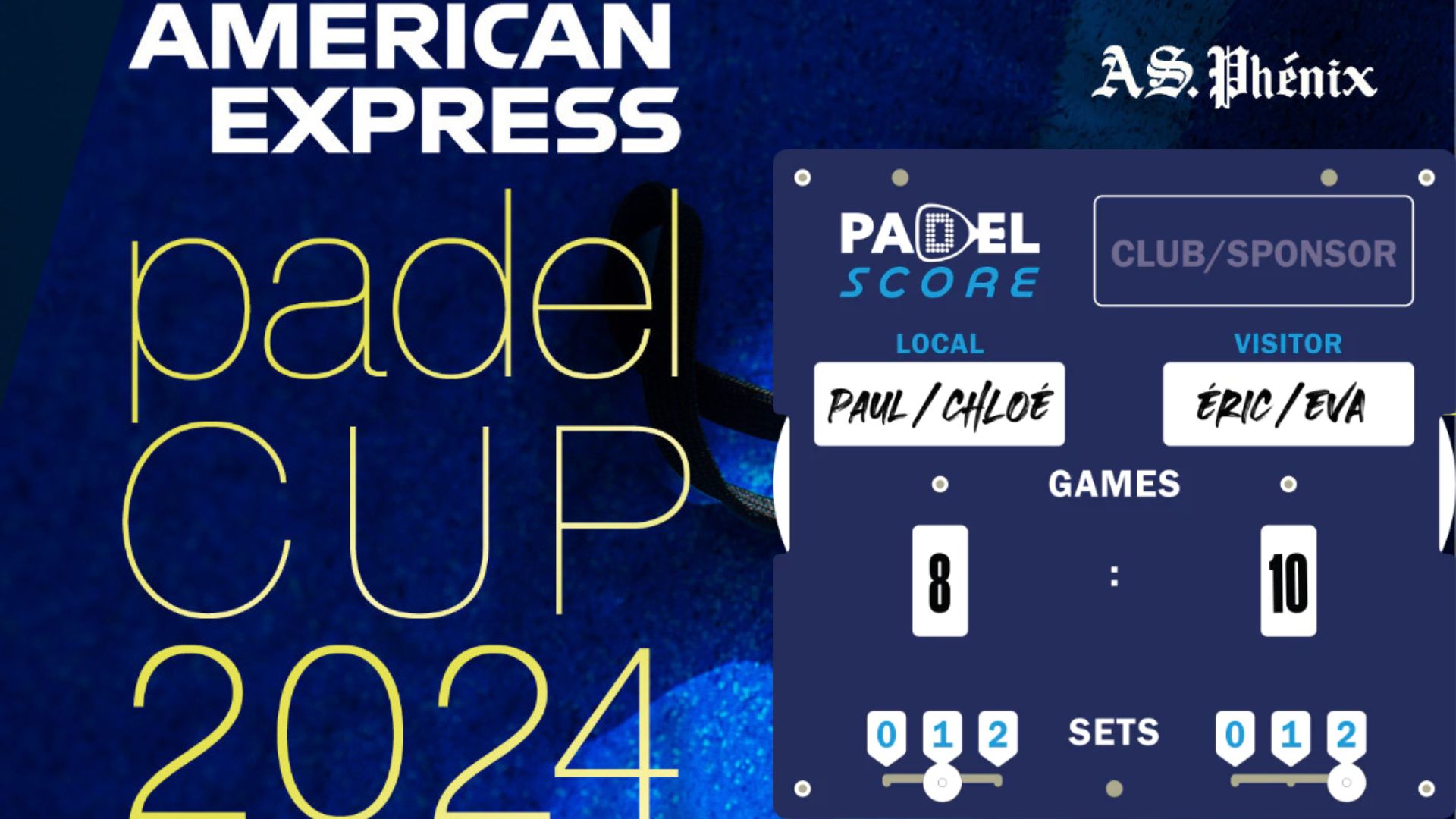 Padel Score comes to Tahiti for American Express Padel Cup!
Padel Score comes to Tahiti for American Express Padel Cup!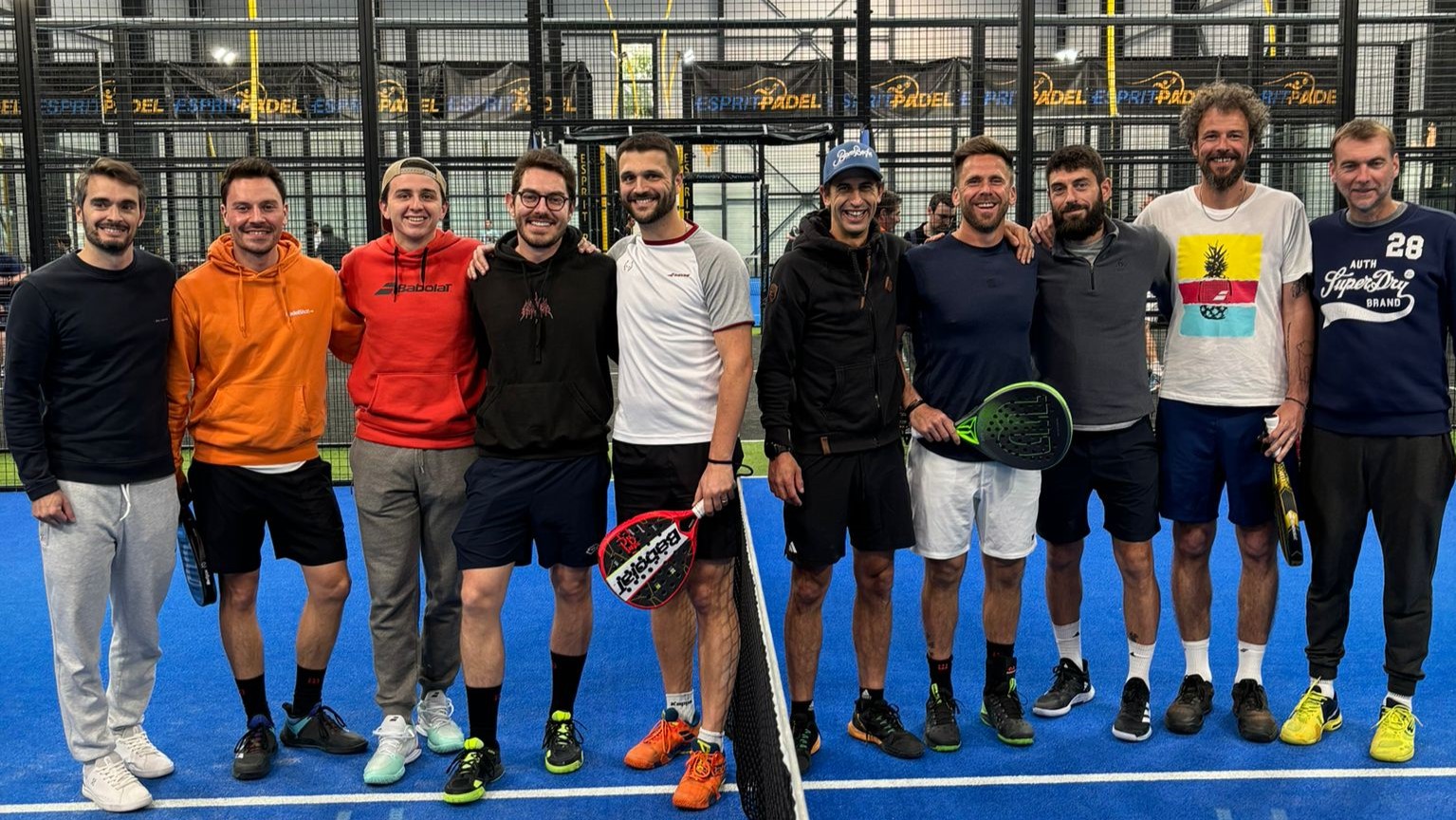 Mind Padel Lyon and the Auvergne Rhône-Alpes League innovate with team tournaments
Mind Padel Lyon and the Auvergne Rhône-Alpes League innovate with team tournaments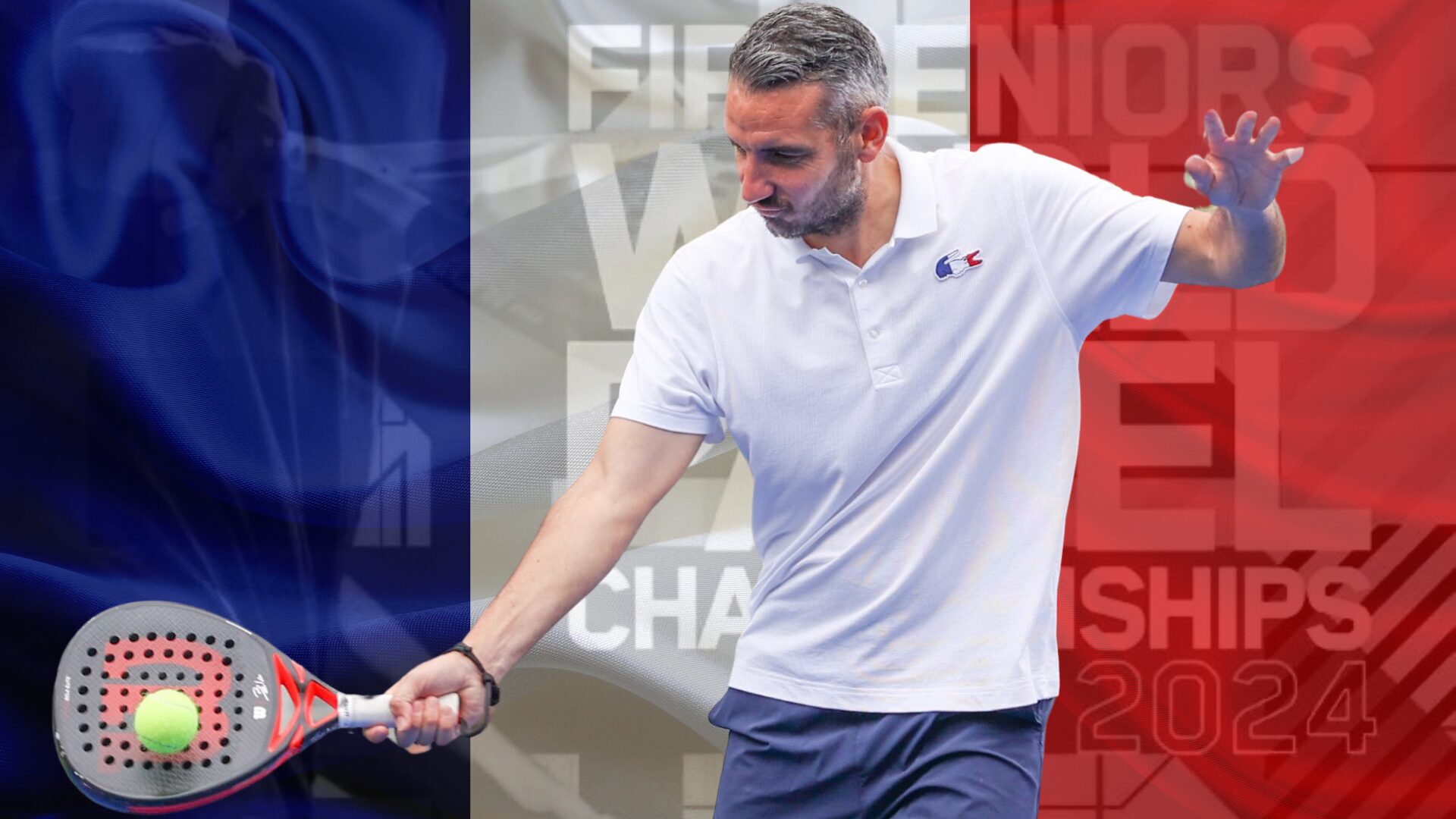 Simon Boissé: “We know that there are two nations in front of us”
Simon Boissé: “We know that there are two nations in front of us”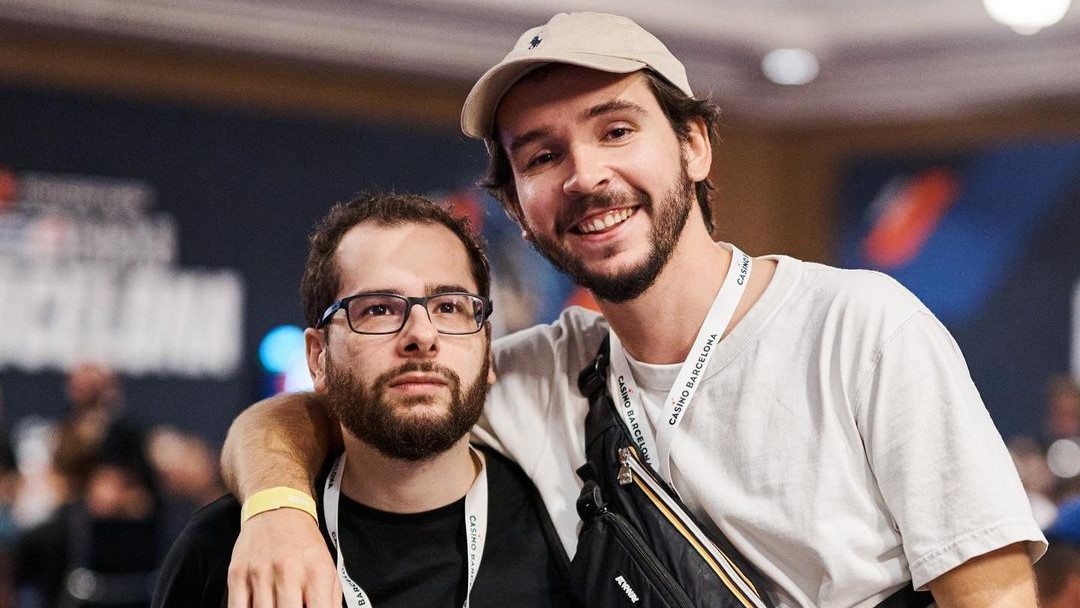 Team PAX (Domingo / Xari) returns to victory
Team PAX (Domingo / Xari) returns to victory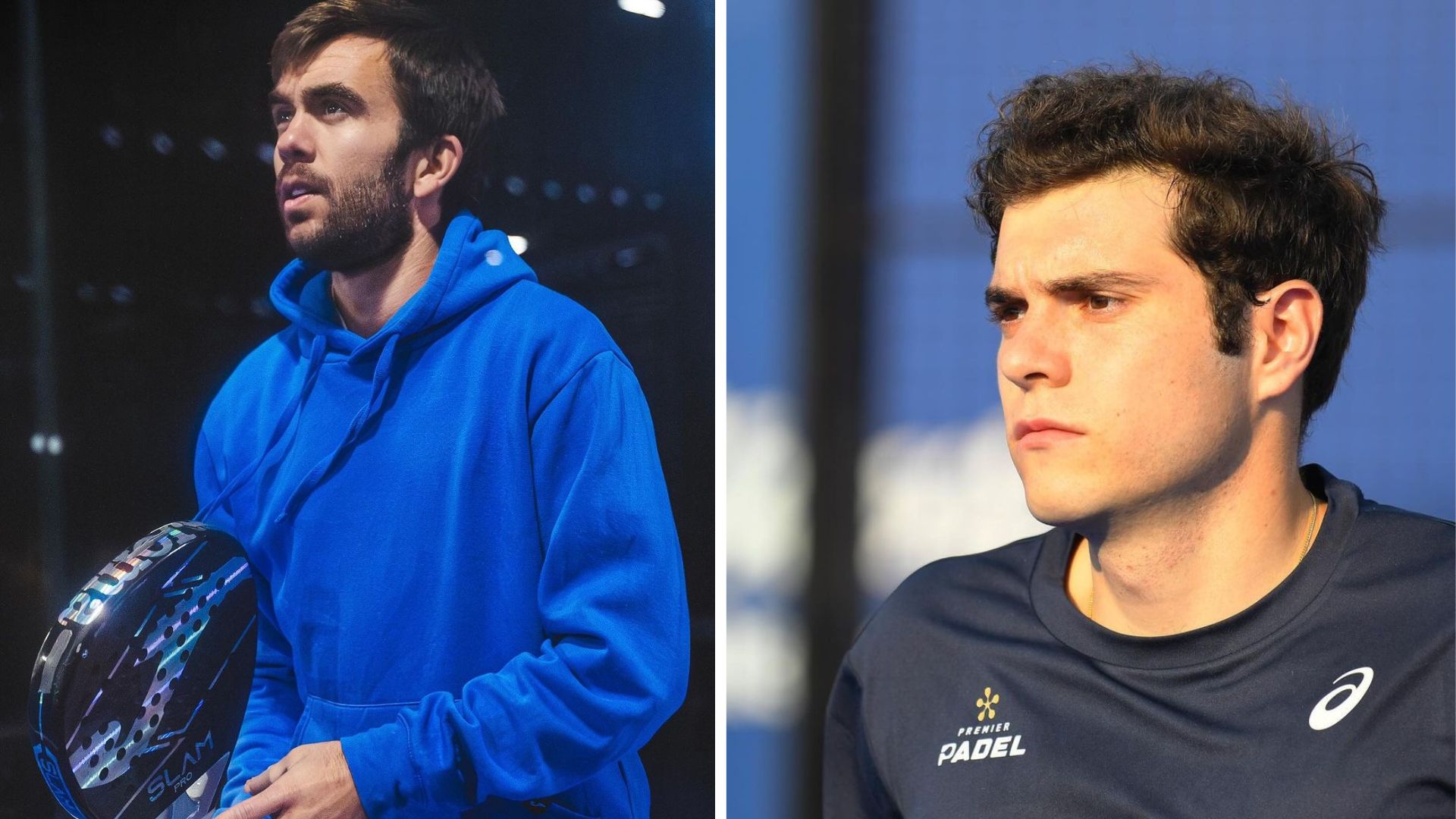 It’s off to a bad start for Pincho Fernandez and Javier Barahona…
It’s off to a bad start for Pincho Fernandez and Javier Barahona…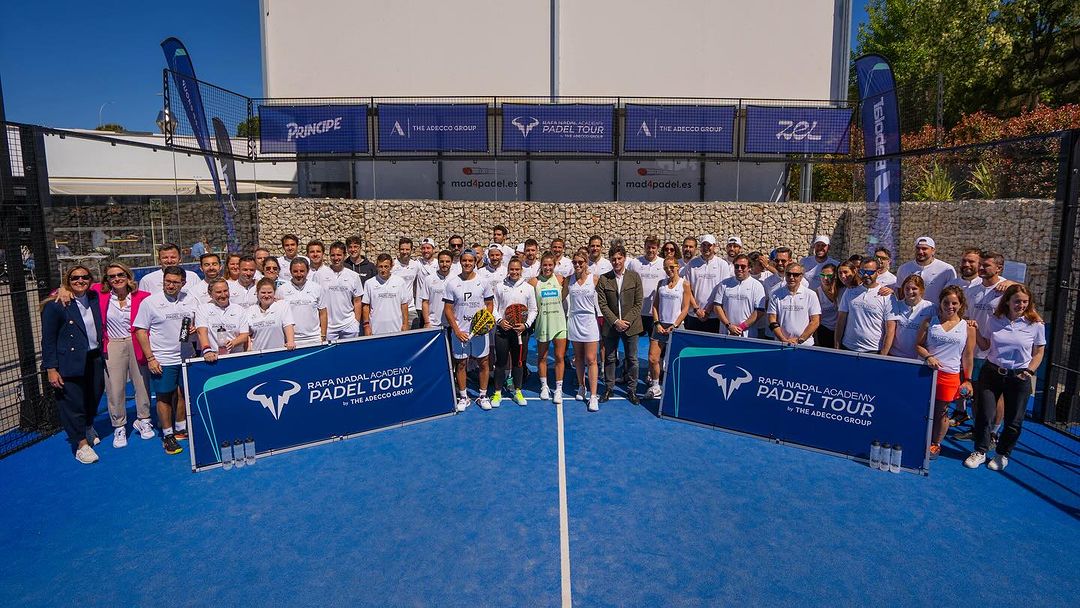 Do you know the Rafa Nadal Academy Tour?
Do you know the Rafa Nadal Academy Tour?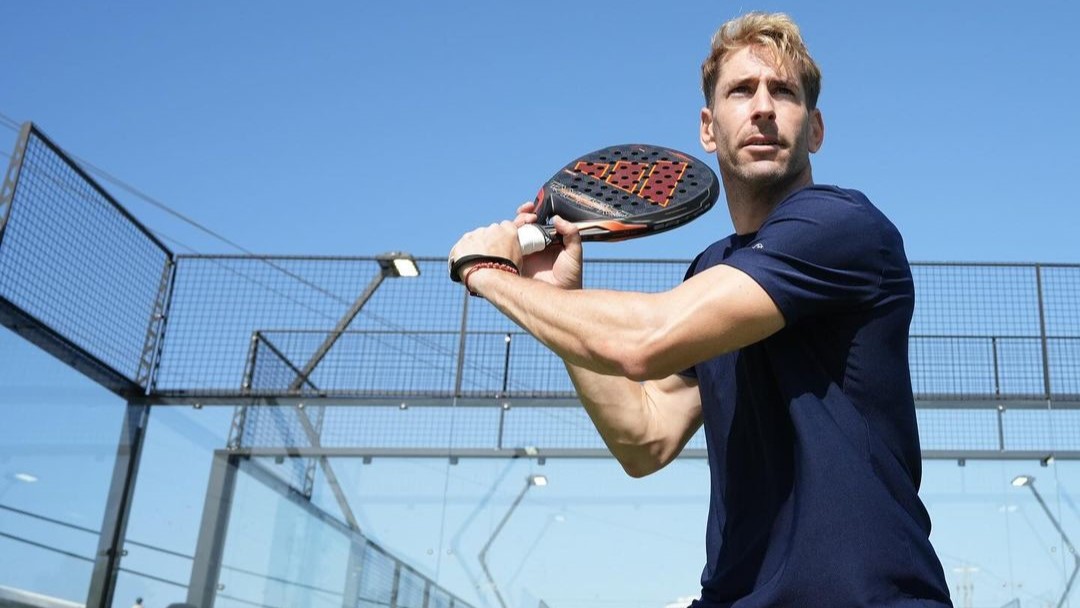 Alex Ruiz: “Finding joy again with Momo”
Alex Ruiz: “Finding joy again with Momo”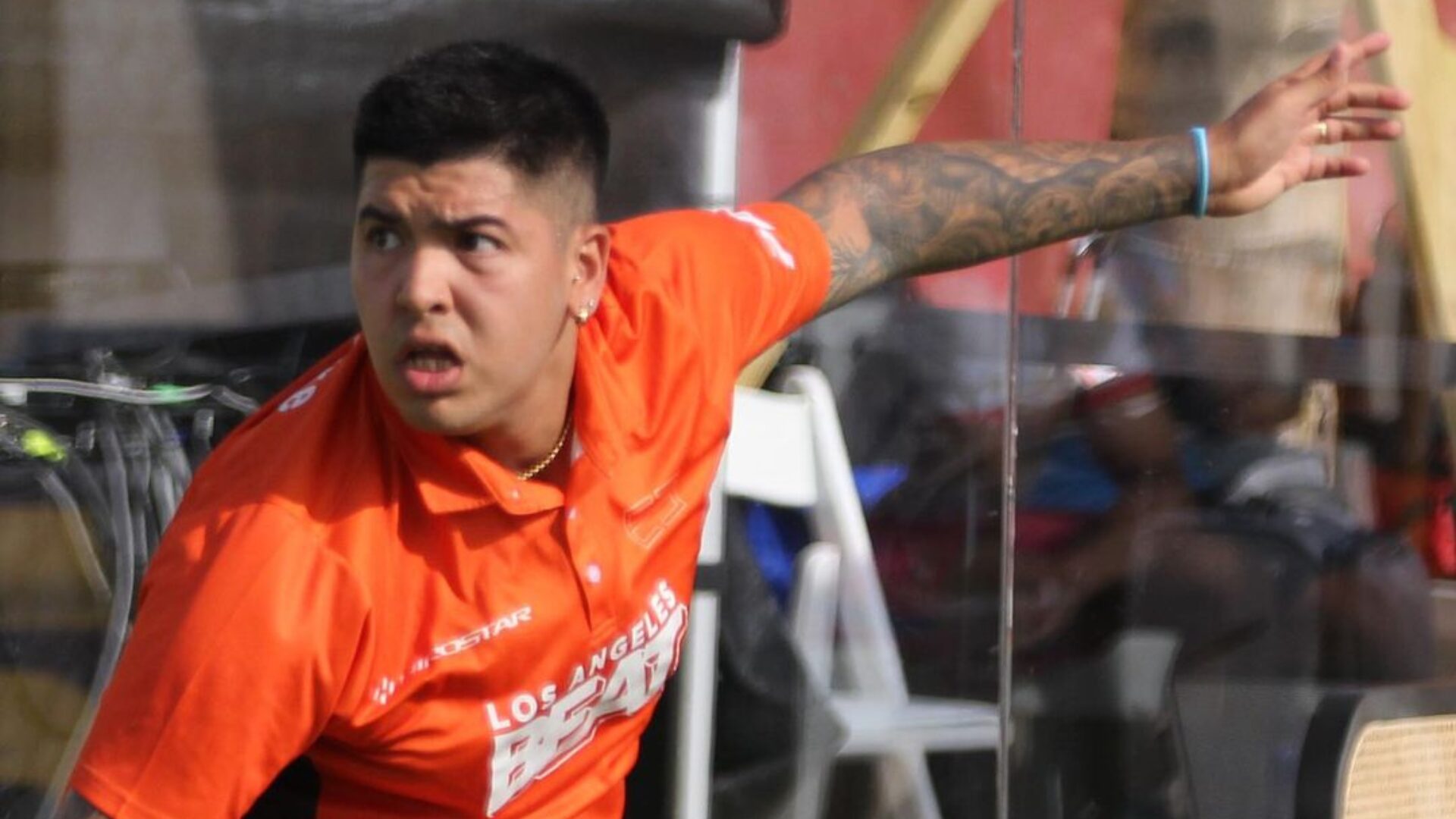 Nerone: “Tolito is not a normal player”
Nerone: “Tolito is not a normal player”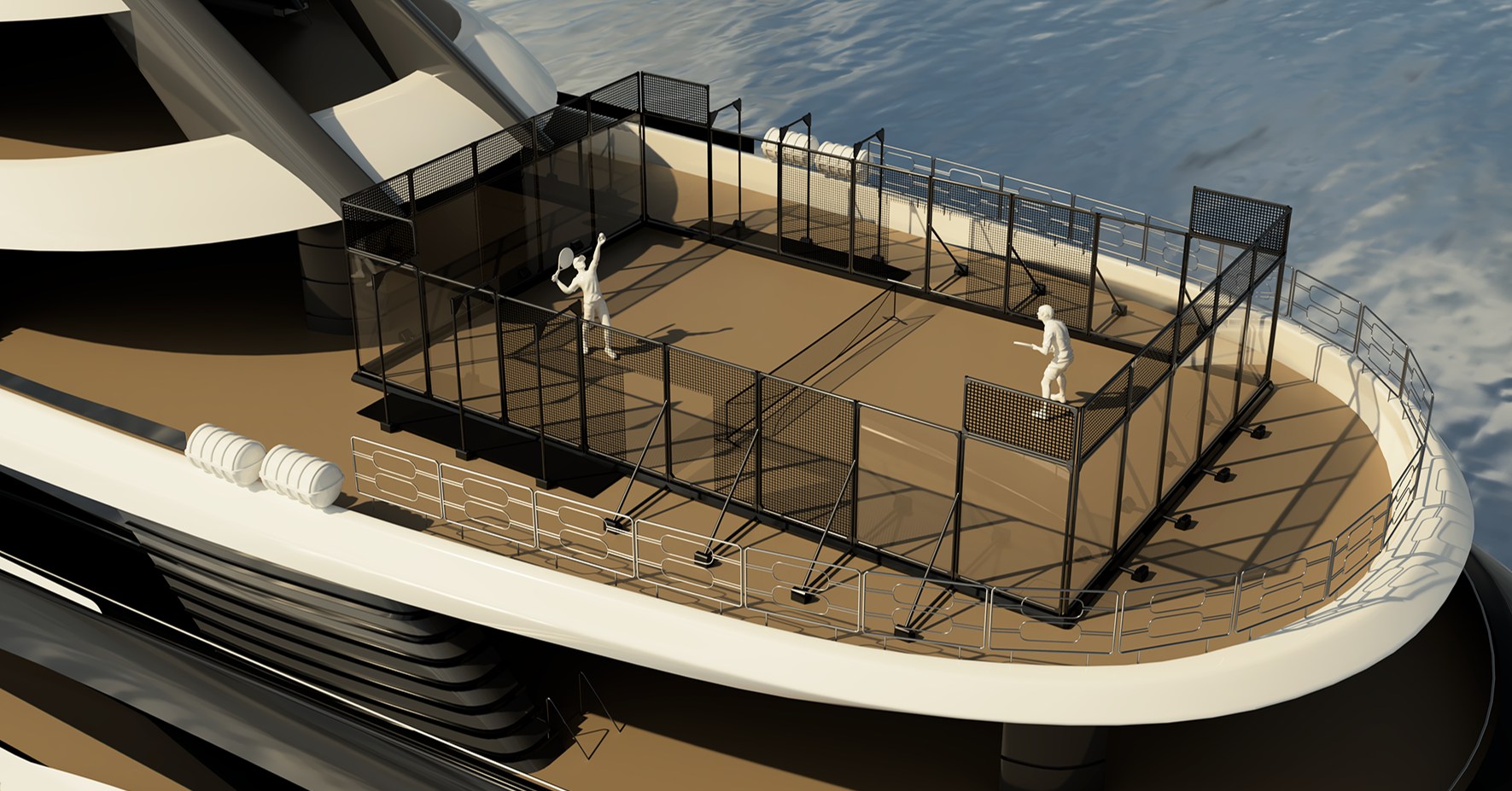 Play at padel on his yacht? Possible for €233.000!
Play at padel on his yacht? Possible for €233.000!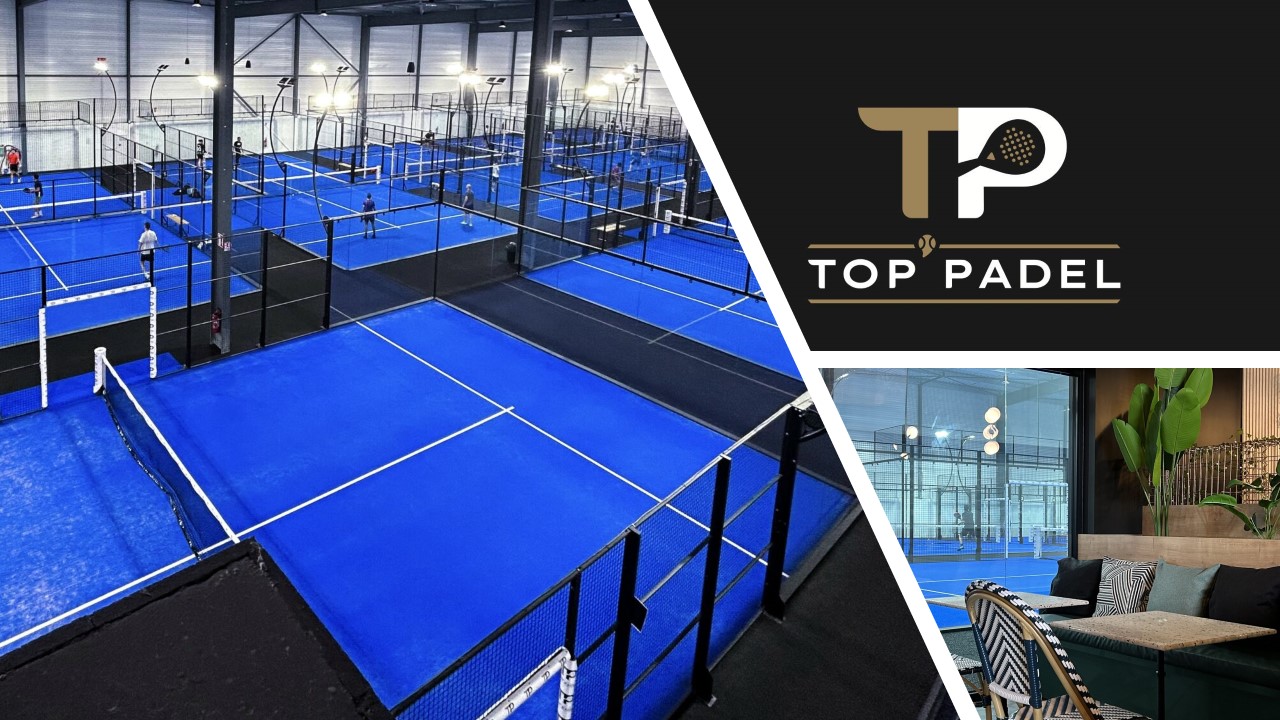 TOP Padel : “A premium club with 10 slopes in Toulouse”
TOP Padel : “A premium club with 10 slopes in Toulouse” Our Top 10 training courses padel in France and Europe
Our Top 10 training courses padel in France and Europe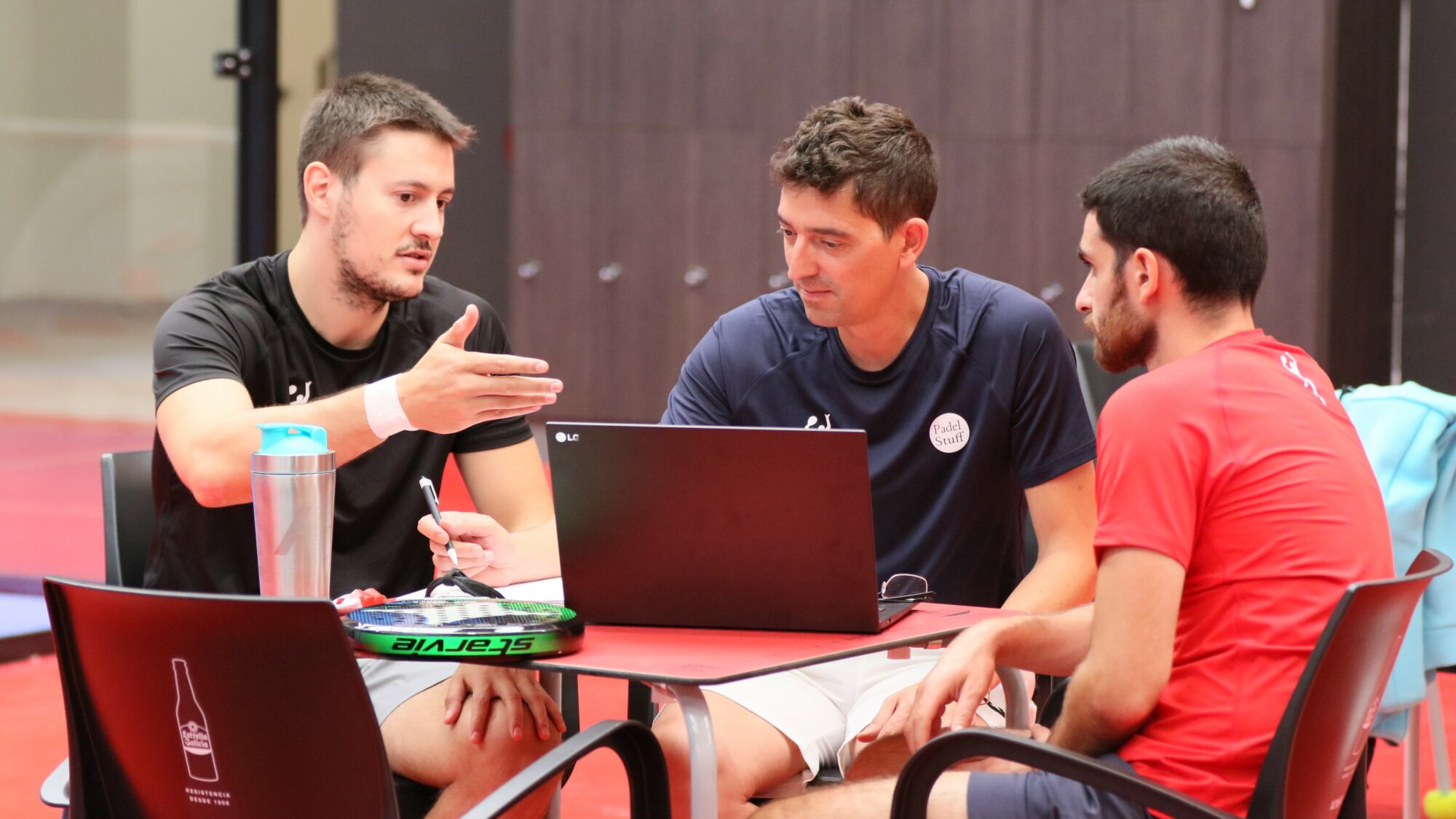 At the heart of padel – Episode 25: Paul and Andoni answer your questions
At the heart of padel – Episode 25: Paul and Andoni answer your questions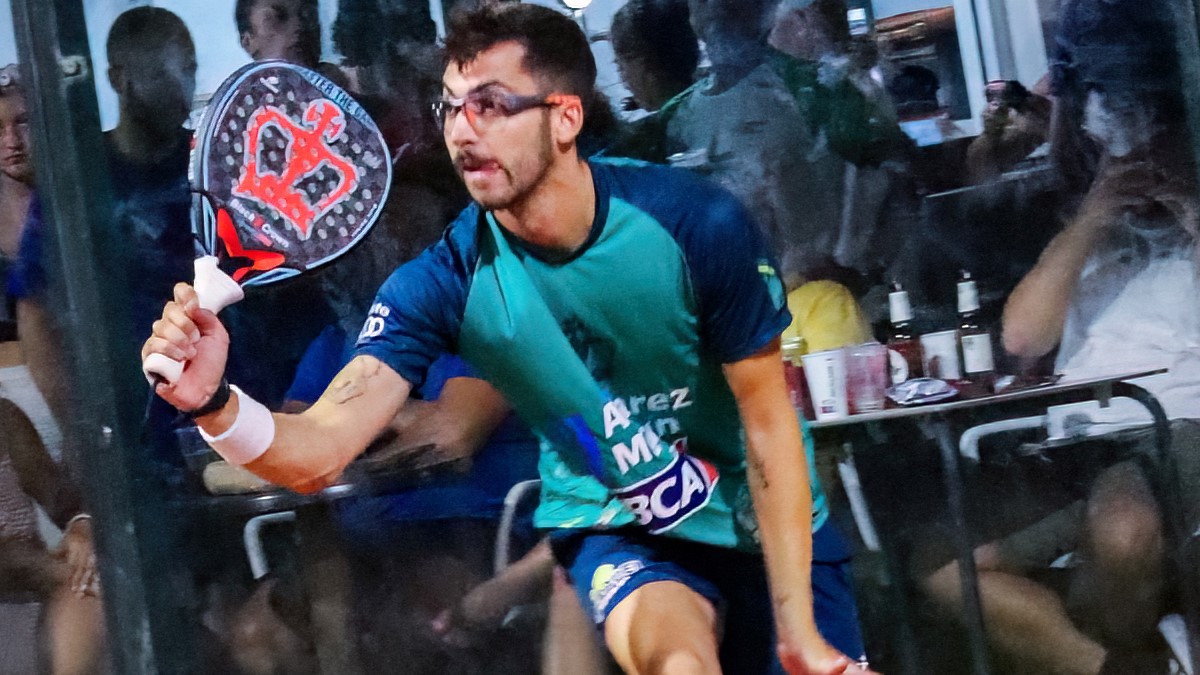 Tactical padel – What to do when faced with players who systematically stay at the bottom?
Tactical padel – What to do when faced with players who systematically stay at the bottom?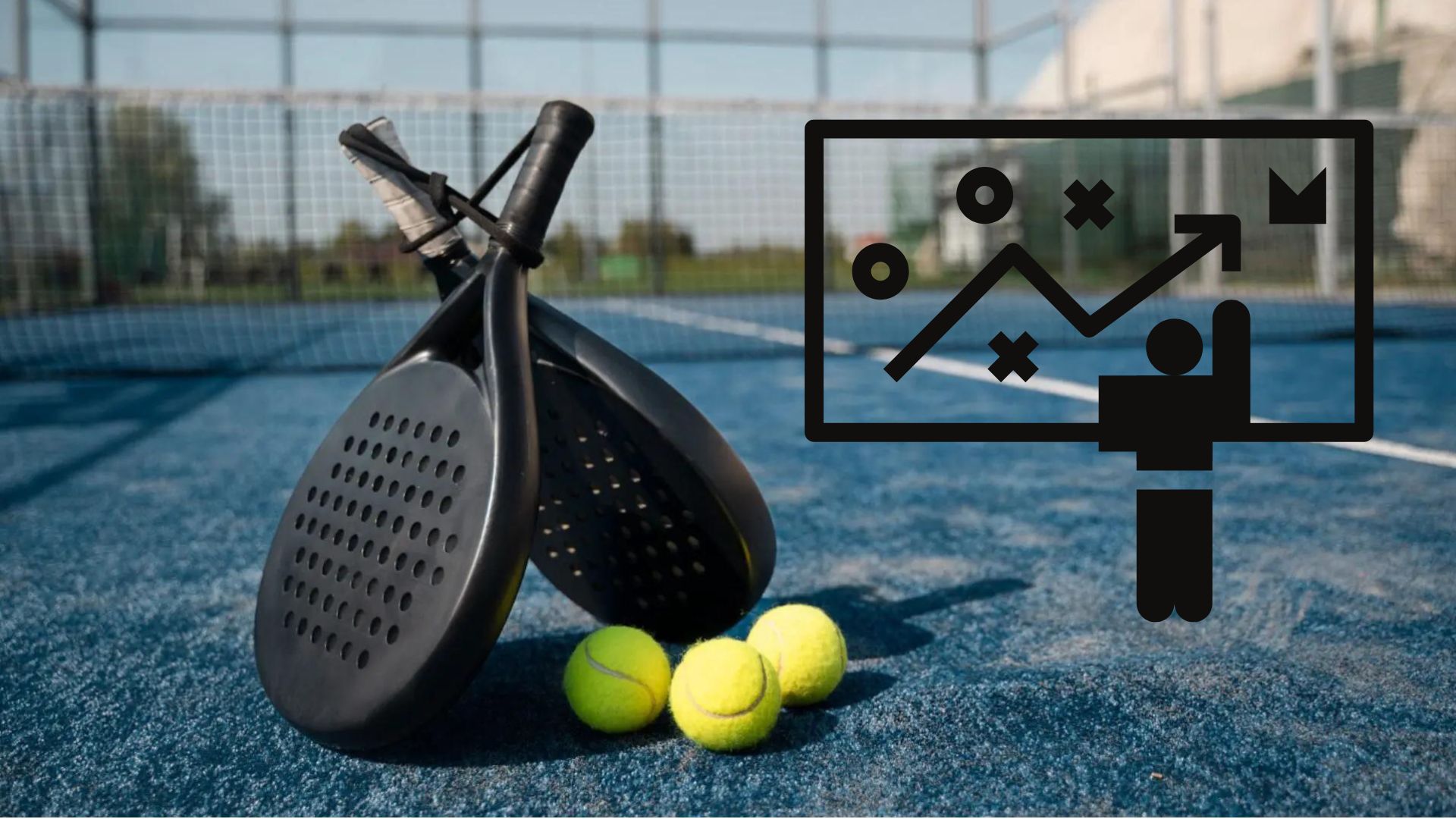 The basic tactics of padel
The basic tactics of padel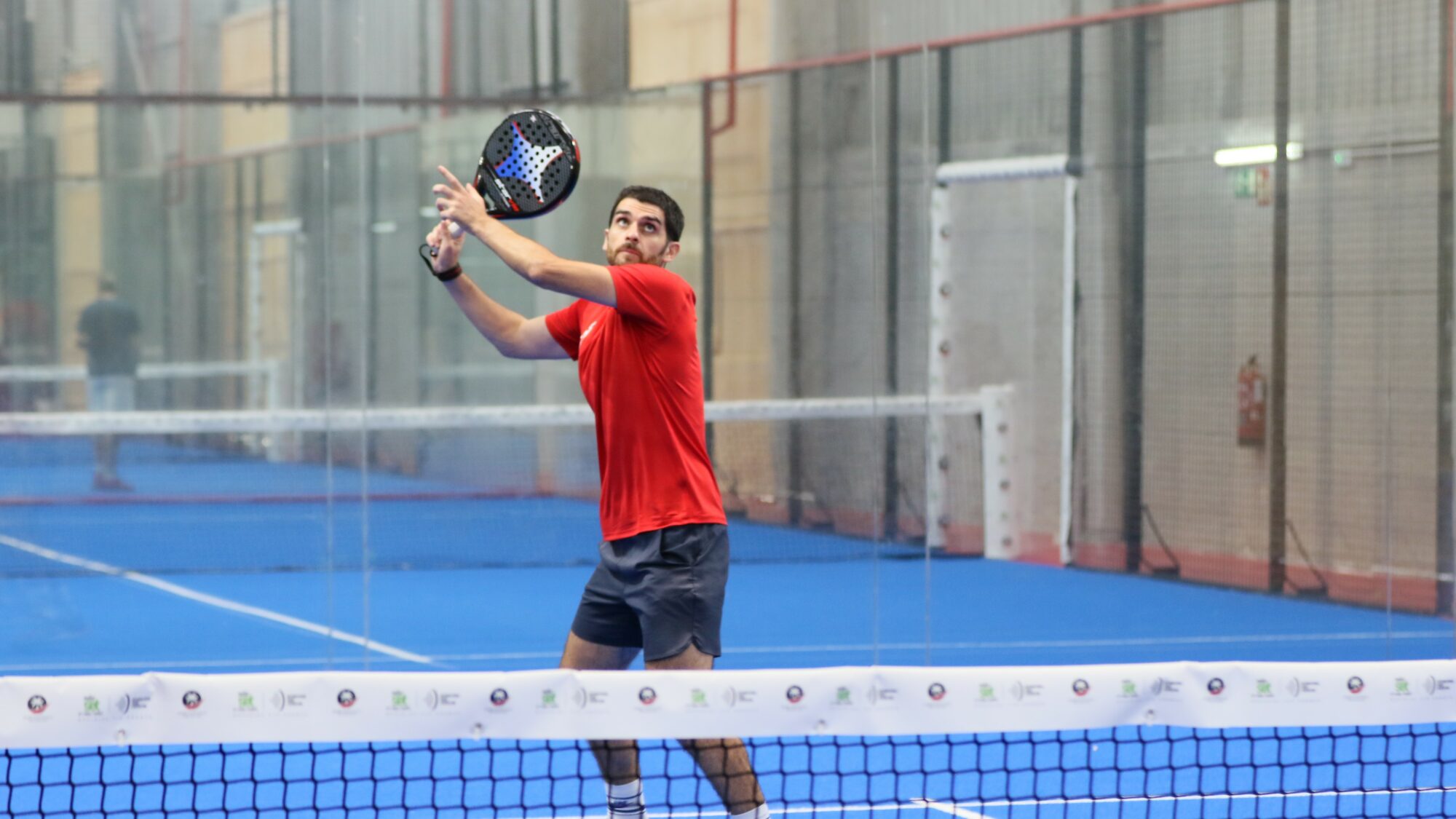 At the heart of padel – Episode 25: Paul and Andoni answer your questions
At the heart of padel – Episode 25: Paul and Andoni answer your questions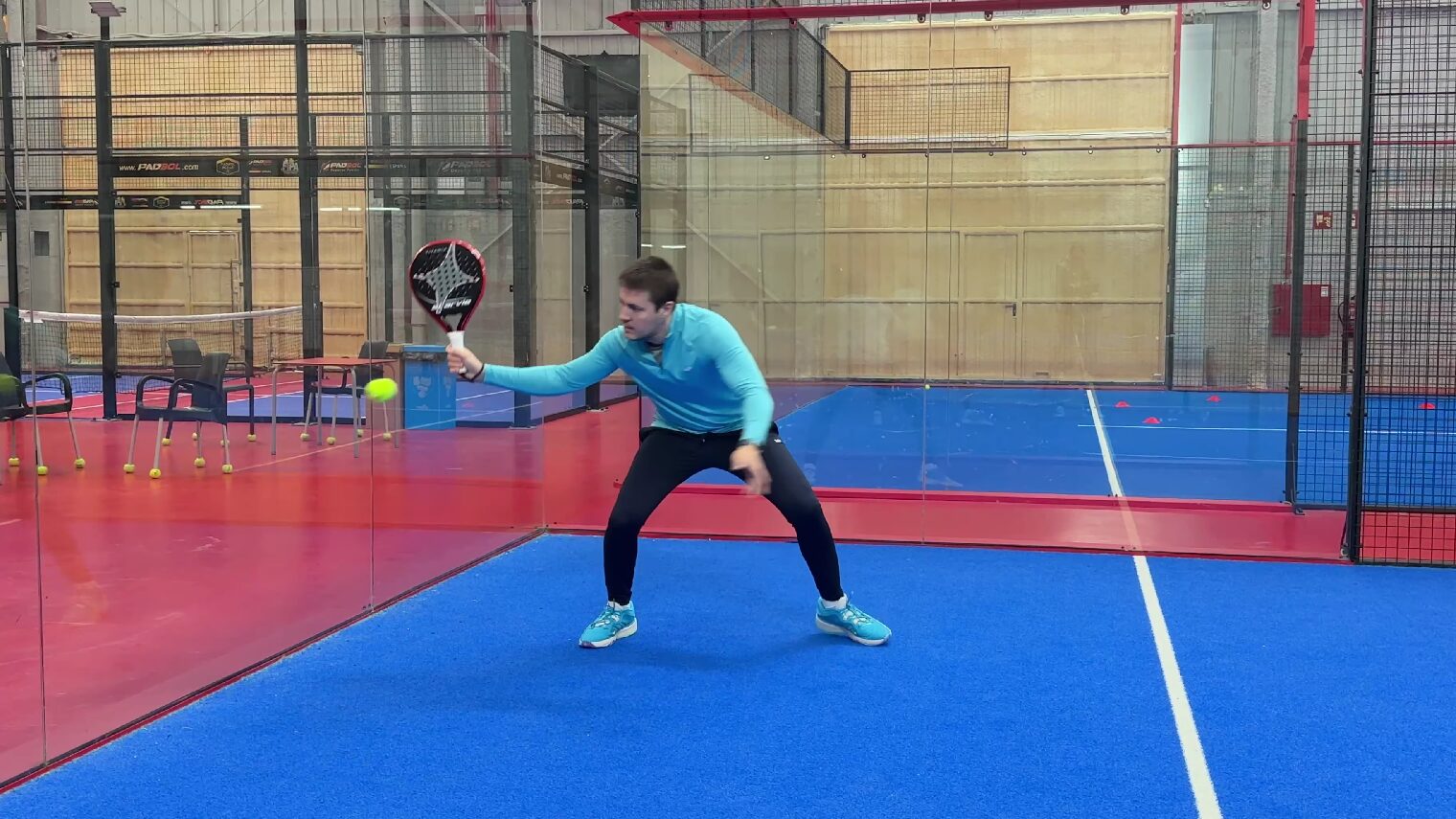 At the heart of padel – Episode 23: defend the window well
At the heart of padel – Episode 23: defend the window well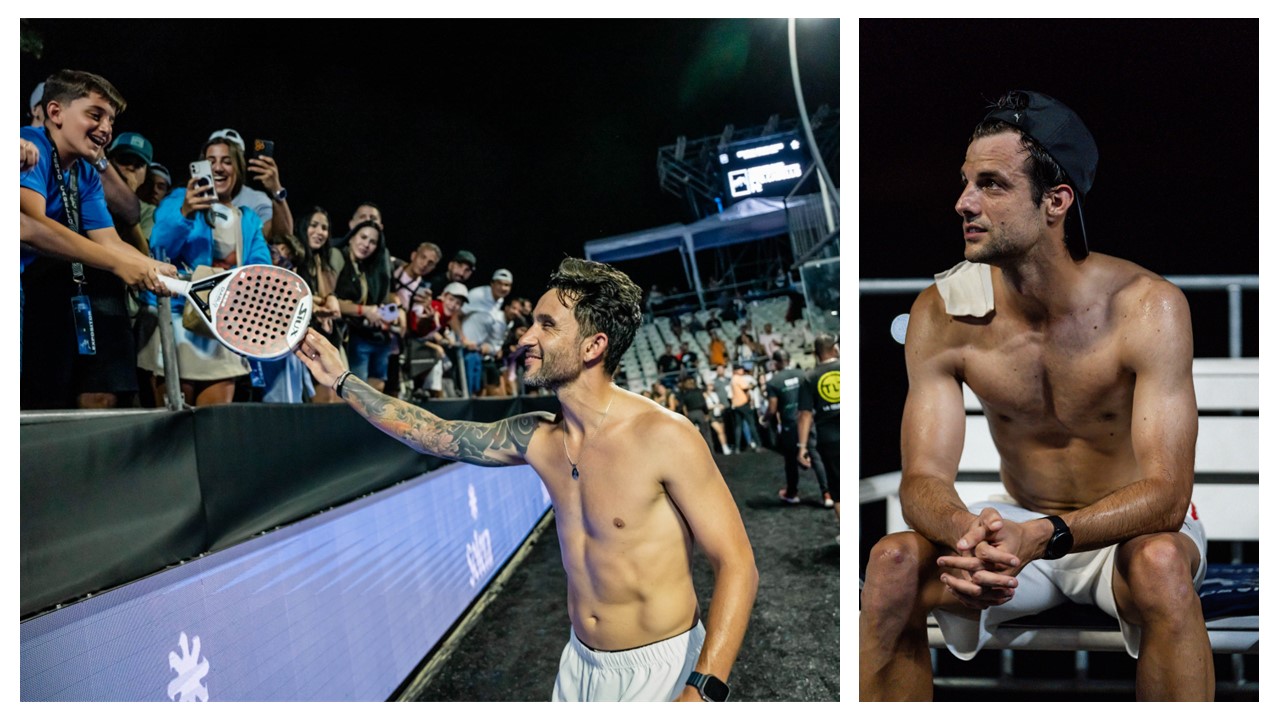 Prohibition on playing topless Padel : the reasons
Prohibition on playing topless Padel : the reasons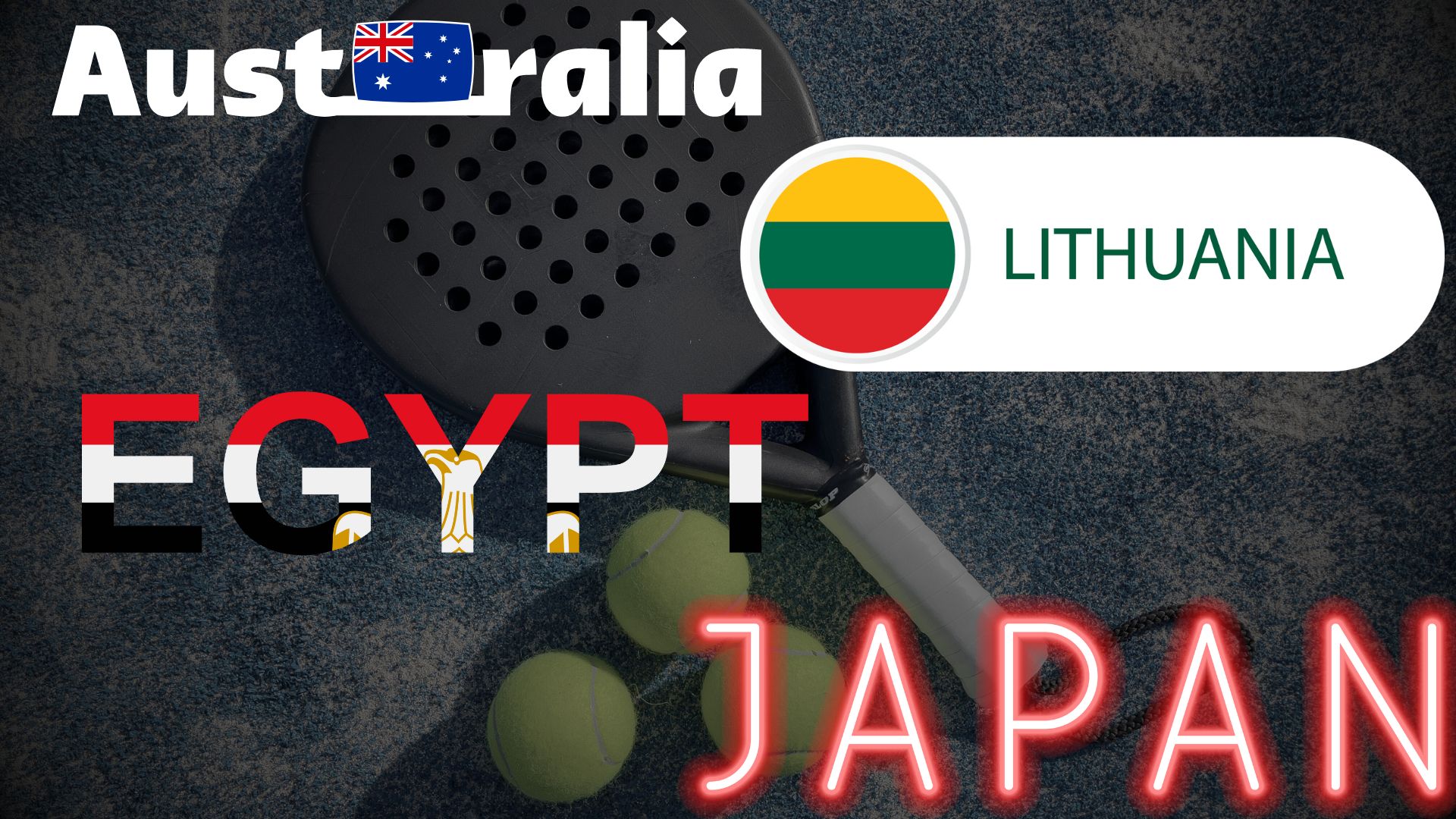 FIP Tour – Going far from Europe, THE strategy to earn points!
FIP Tour – Going far from Europe, THE strategy to earn points!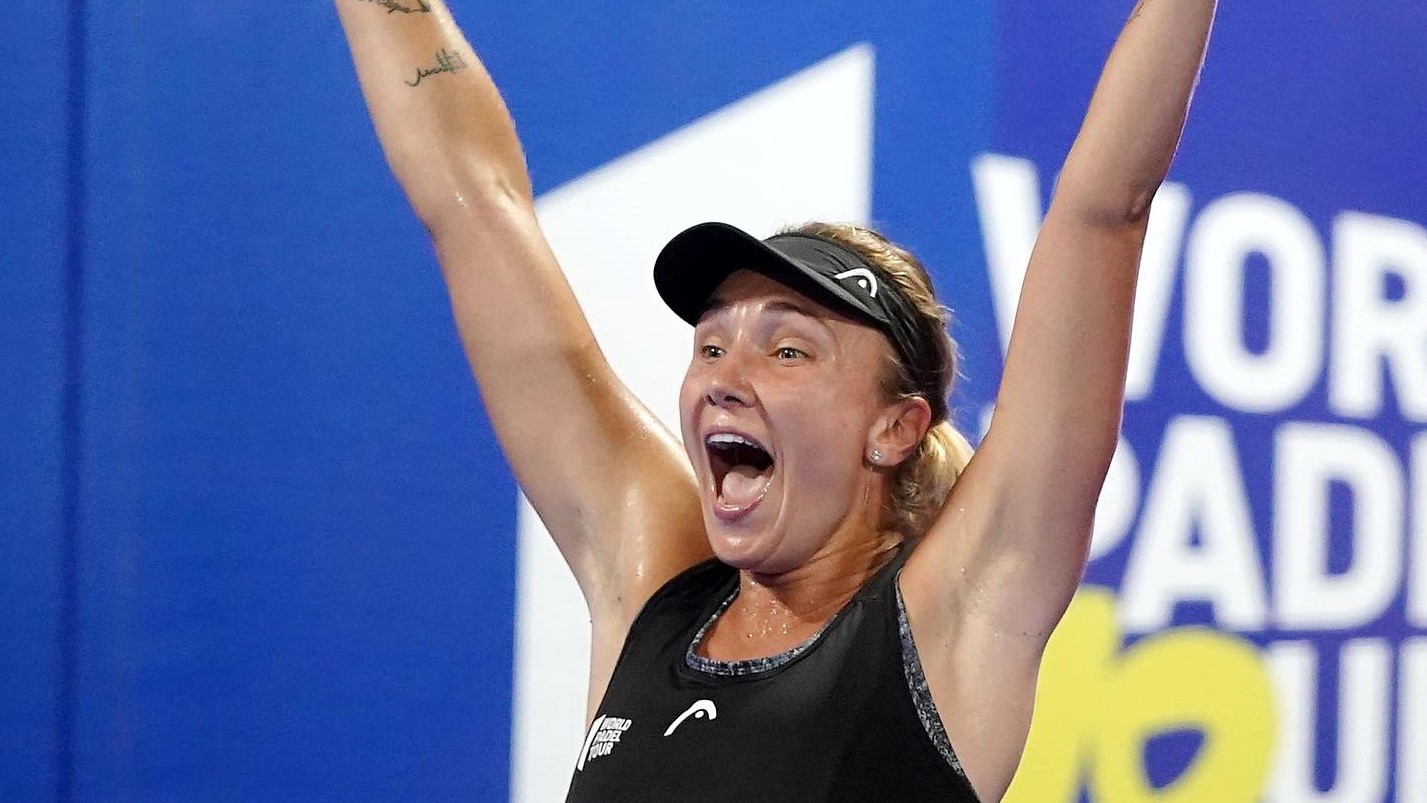 What is a good football player? padel ?
What is a good football player? padel ?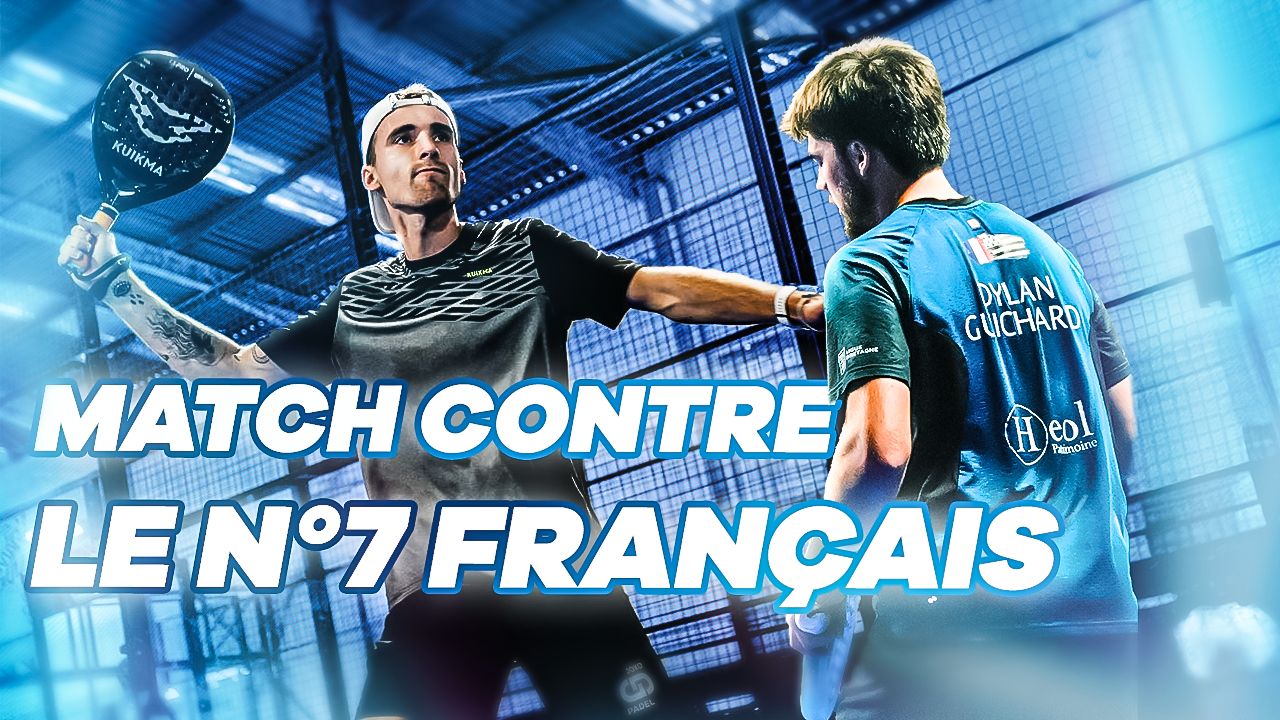 “Lefties give me headaches when I play against them!”
“Lefties give me headaches when I play against them!”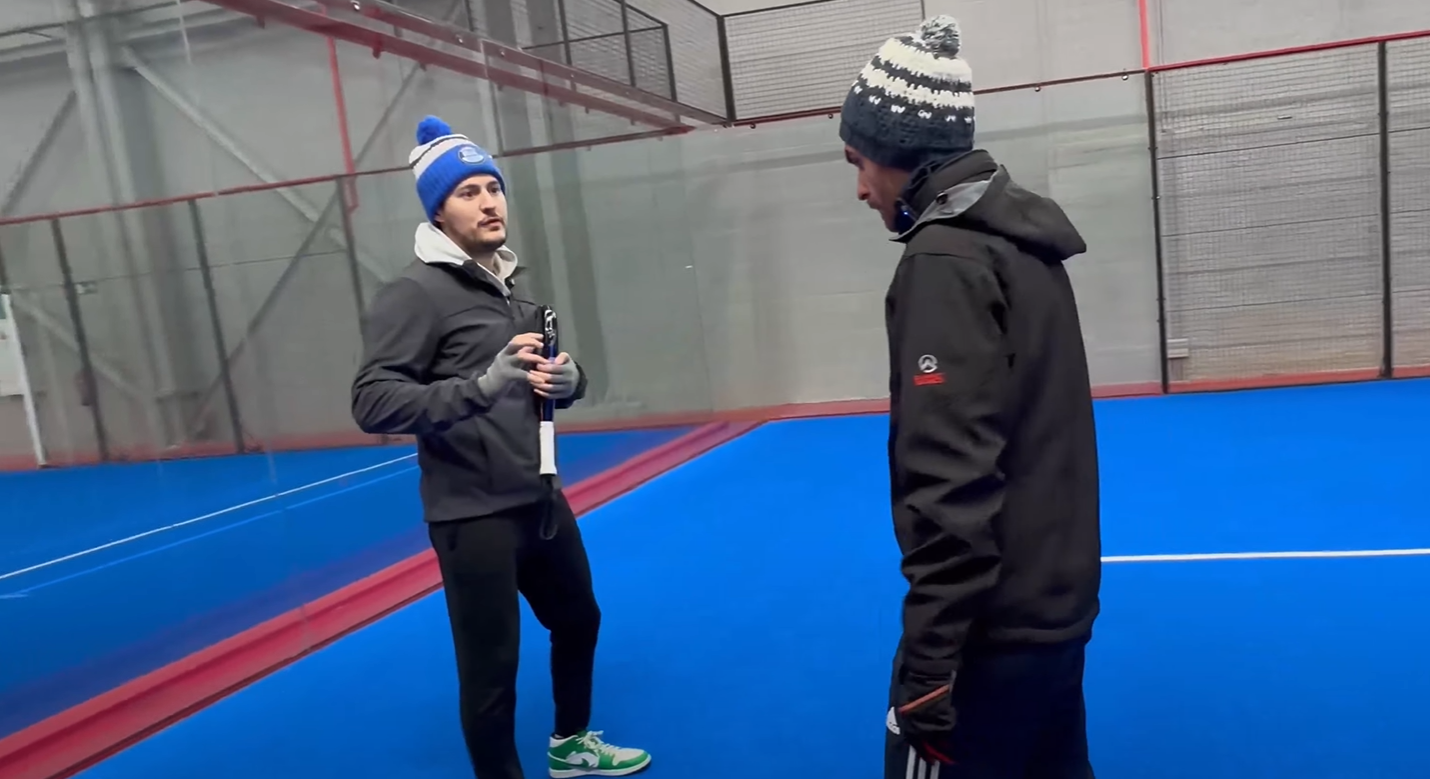 At the heart of padel – Episode 14: how to earn points in winter?
At the heart of padel – Episode 14: how to earn points in winter?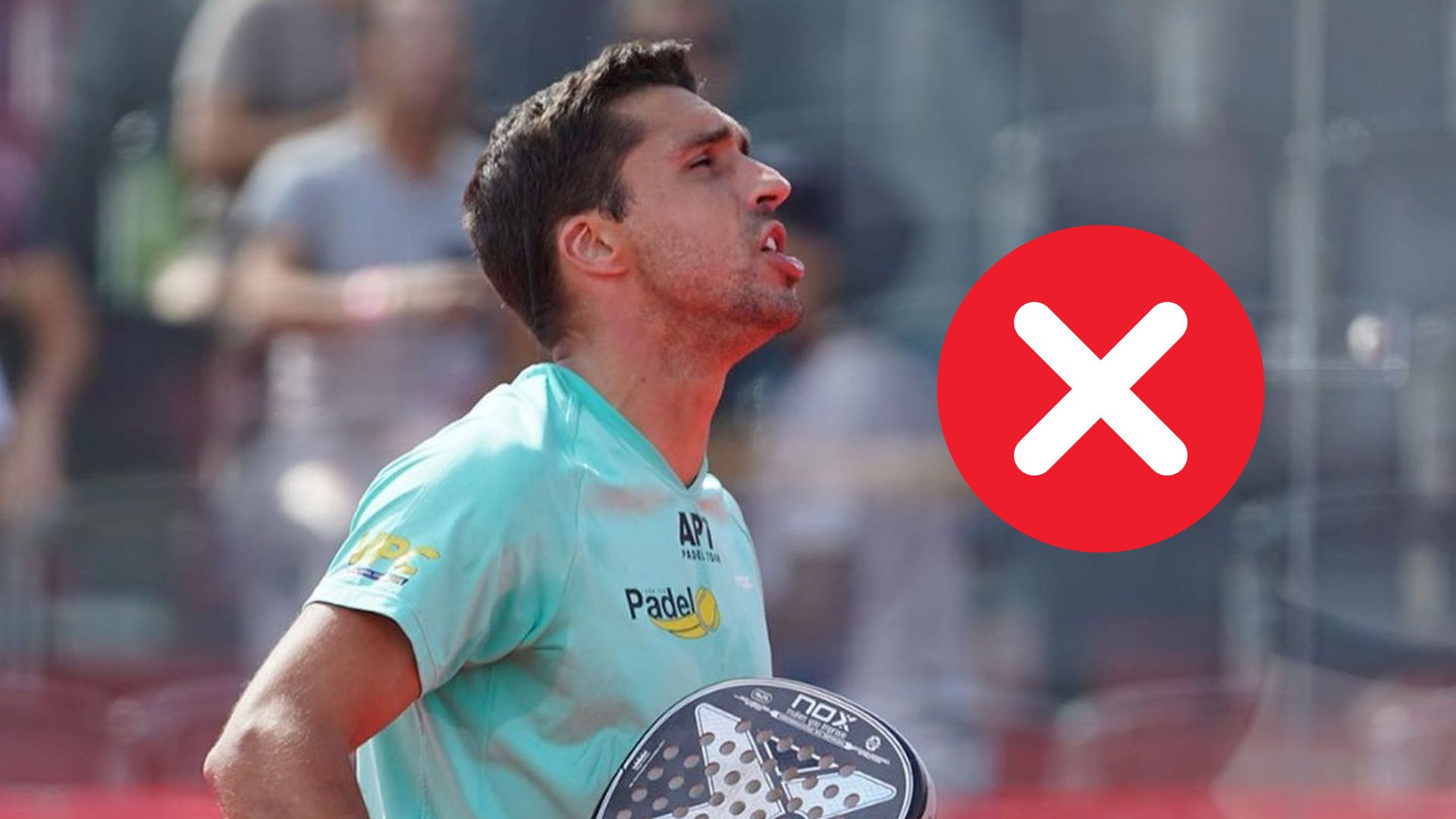 A par 4 is always a winner...even if you manage to defend it!
A par 4 is always a winner...even if you manage to defend it!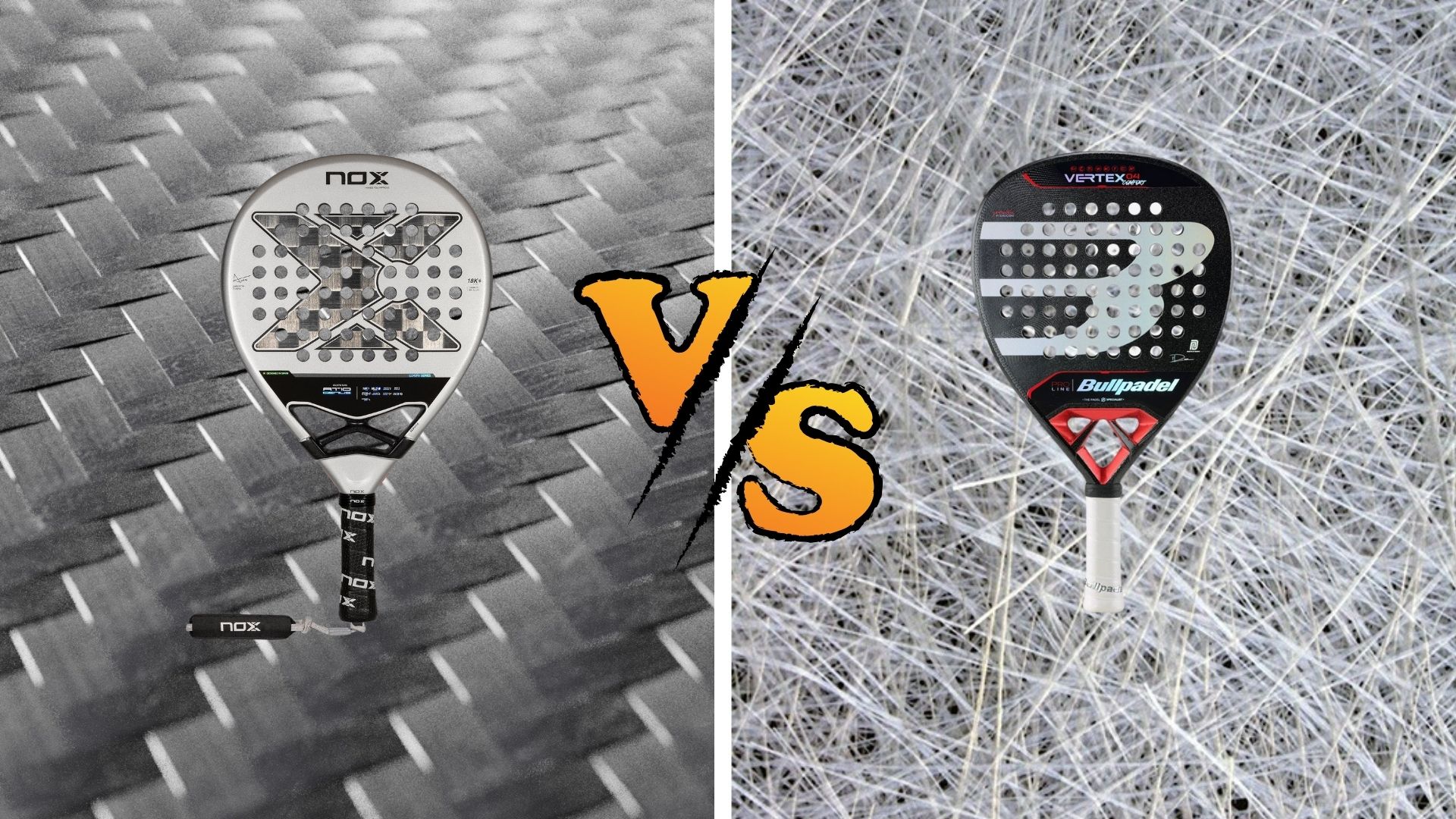 Carbon fiber VS fiberglass: what to choose?
Carbon fiber VS fiberglass: what to choose?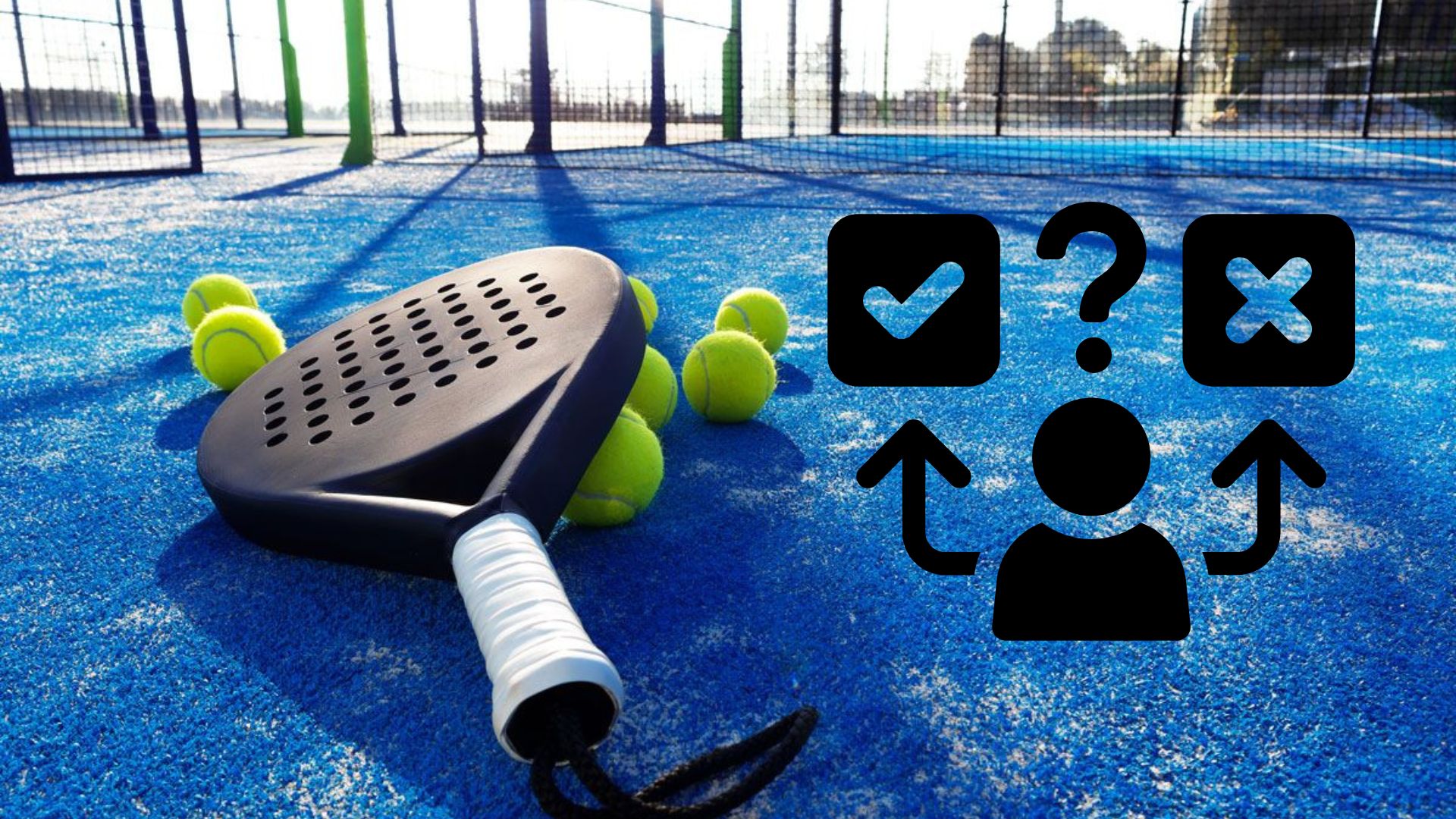 How to effectively test a racket padel ?
How to effectively test a racket padel ?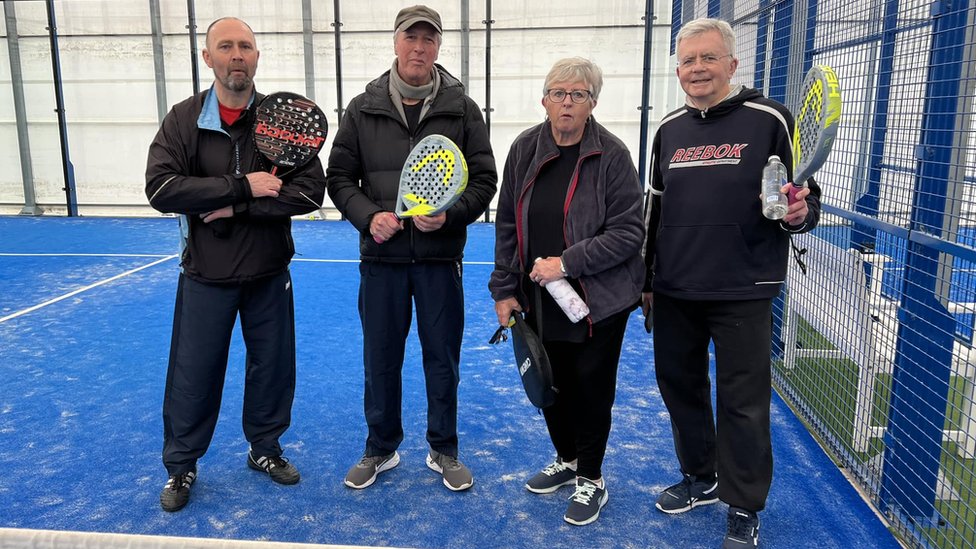 La padel to fight Parkinson's disease
La padel to fight Parkinson's disease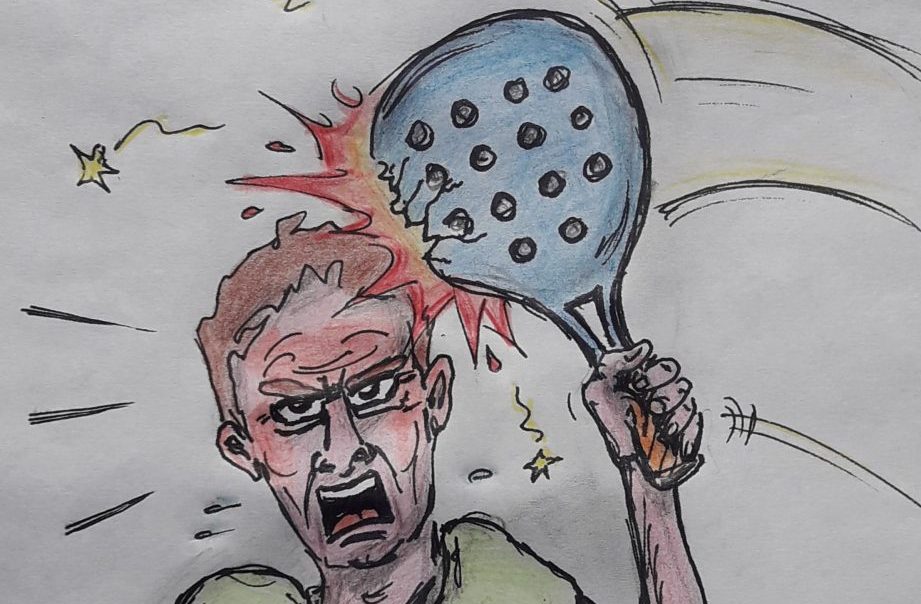 Don't play with a cracked or broken racket, your body will thank you!
Don't play with a cracked or broken racket, your body will thank you! Michel Cymes: “The padel, physically, it’s serious!”
Michel Cymes: “The padel, physically, it’s serious!”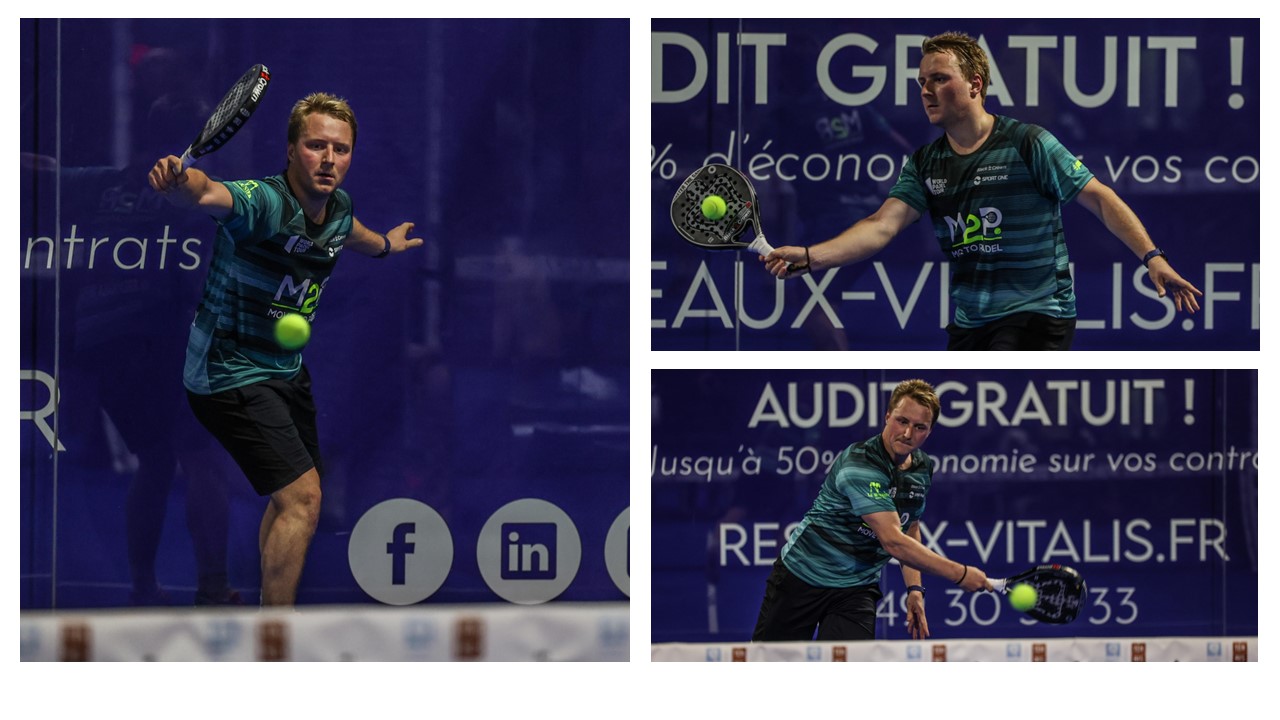 Jeremy Gala: “Promote the padel among young people in Belgium remains a challenge”
Jeremy Gala: “Promote the padel among young people in Belgium remains a challenge”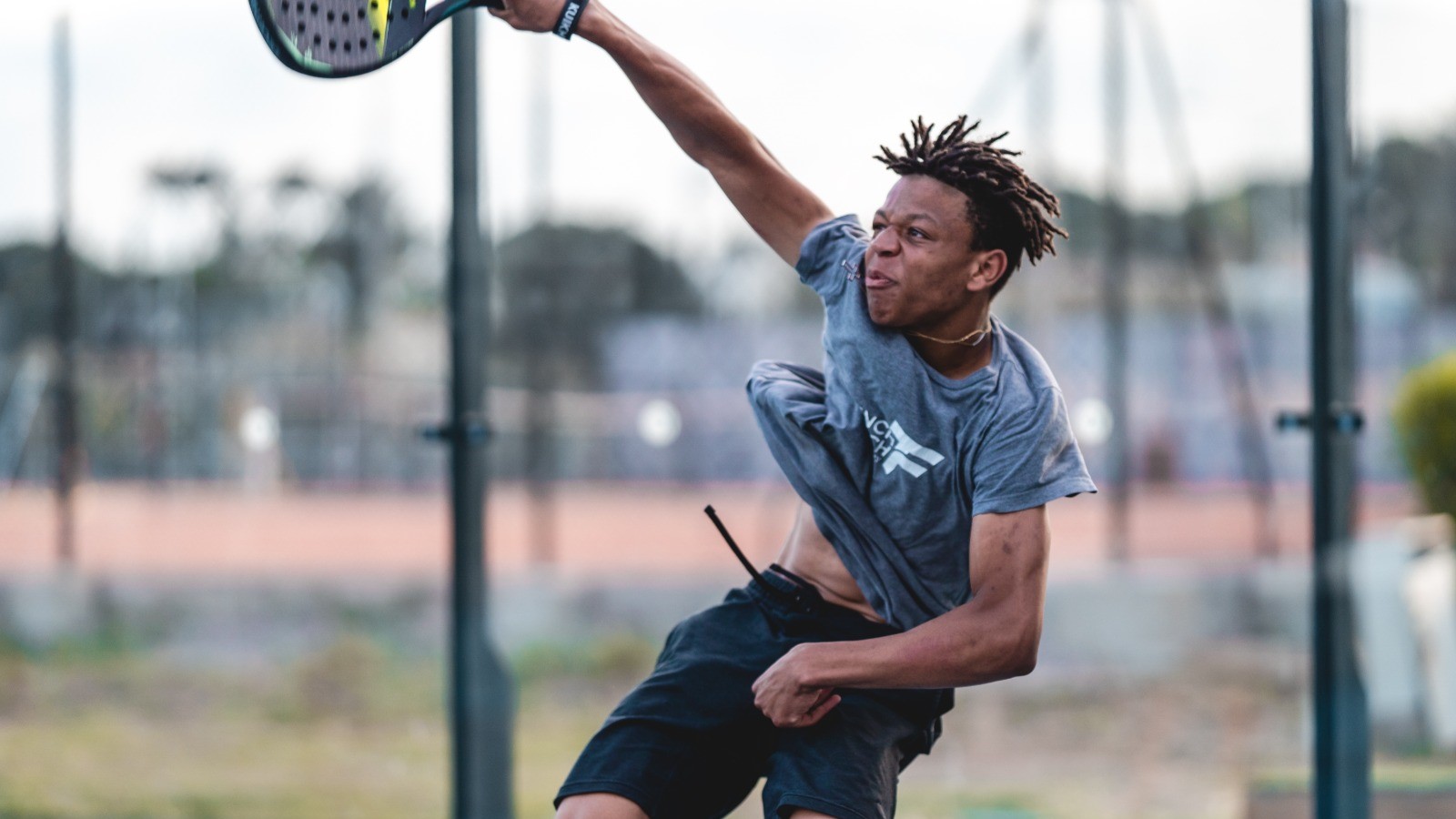 The French Touch Academy organizes its selection day Padel-Study
The French Touch Academy organizes its selection day Padel-Study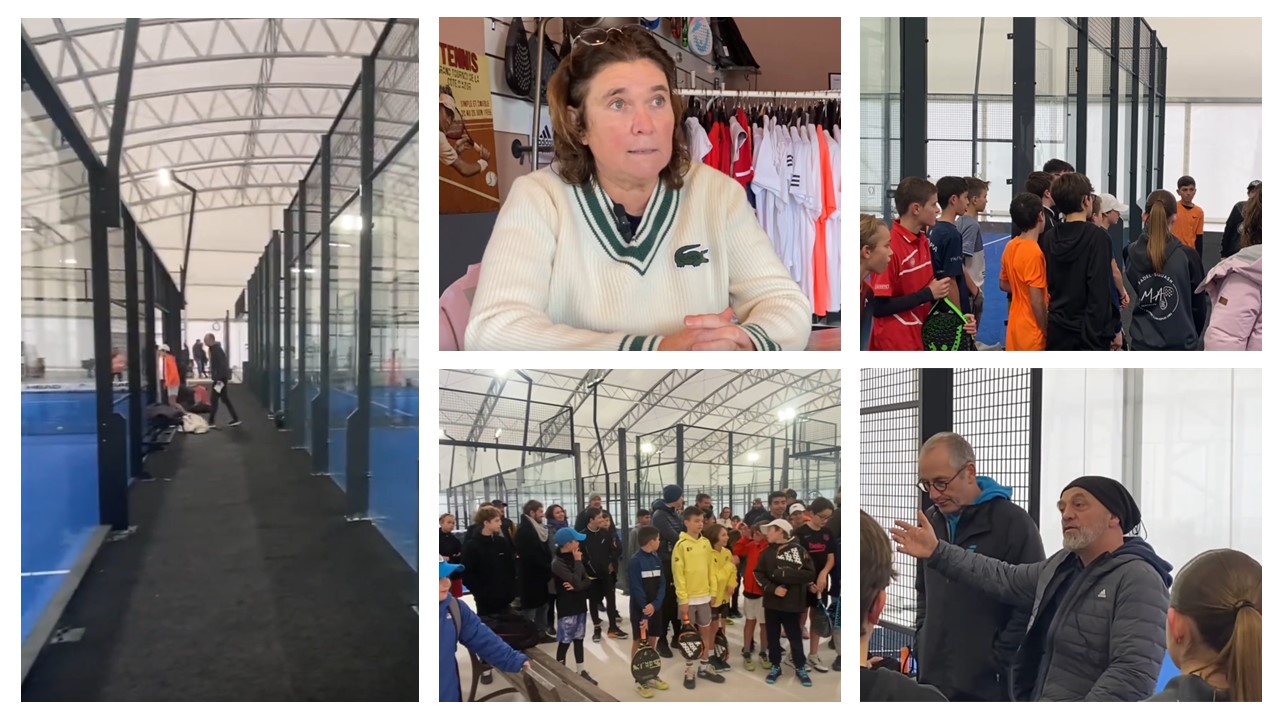 Report on the detection and training of younger generations
Report on the detection and training of younger generations